Thyme (Thymus vulgaris)
Sustainably grown and harvested through regenerative agricultural practices on small U.S. farms dedicated to soil health, biodiversity, and ethical stewardship.
Sourced directly from the grower for quality and freshness, then hand-packaged in small batches to preserve vitality.
Sold by the ounce. Example: Quantity 4 = 4 oz.
$10.10
In stock
Our sourcing partners uphold fair wages, safe working conditions, and inclusive practices that value the hands and hearts behind each harvest.
Every bag supports small-scale regenerative growers and the renewal of our soil, communities, and connection to the earth.
Thyme has been used since ancient times by the Greeks, Egyptians, and Romans for its antiseptic and preservative properties. The Greeks used thyme in baths and burned it as incense in temples, believing it to be a source of courage and invigoration. The Egyptians used thyme in embalming practices, while the Romans employed it to purify rooms and as a remedy for poisoning. In the Middle Ages, it was placed under pillows to ward off nightmares and was commonly used to treat coughs and respiratory issues.
Current Uses:
- Respiratory health: Thyme is widely used today to help ease coughs, congestion, and bronchitis due to its expectorant and antimicrobial properties.
- Antimicrobial: The thymol content in thyme makes it a powerful antibacterial and antifungal herb, often used to treat infections both internally and externally.
- Immune support: Thyme is frequently included in immune-boosting teas and tinctures to help the body fight off colds, flus, and viral infections.
- Digestive aid: Thyme’s carminative properties make it helpful for soothing gas, bloating, and indigestion, while stimulating the digestive process.
- Topical use: Thyme oil is used in skincare for its antibacterial and antifungal effects, making it effective for treating acne, wounds, and fungal infections like athlete’s foot.
*To learn more about this plant’s traditional and modern uses, energetics, and potential contraindications, visit our Materia Medica section and search for this herb by name. There, you’ll find detailed notes on safe use and preparation methods.
You must be logged in to post a review.
Related Products
Discover other products with similar functions and potency.
Hawthorn Leaf & Flower (Crataegus monogyna)
Carefully sourced and packaged by hand, our herbs are sold by the ounce. To order more, adjust the quantity in 1 oz increments.
Example: Quantity 4 = 4 ounces.
$3.75
Red Root (Ceanothus americanus)
Carefully sourced, always organic, and packaged by hand, our herbs are sold by the ounce. To order more, adjust the quantity in 1 oz increments.
Example: Quantity 4 = 4 ounces.
$6.70
Dandelion Root raw (Taraxacum officinale)
Carefully sourced, always organic, and packaged by hand, our herbs are sold by the ounce. To order more, adjust the quantity in 1 oz increments.
Example: Quantity 4 = 4 ounces.
$4.45
Bacopa / Brahmi (Bacopa monnieri)
Carefully sourced, organic, and packaged by hand, our herbs are sold by the ounce. To order more, adjust the quantity in 1 oz increments.
Example: Quantity 4 = 4 ounces.
$6.60
Chamomile (Matricaria recutita)
Carefully sourced, always organic, and packaged by hand, our herbs are sold by the ounce. To order more, adjust the quantity in 1 oz increments.
Example: Quantity 4 = 4 ounces.
$12.40
Catnip (Nepeta cataria)
Carefully sourced, always organic, and packaged by hand, our herbs are sold by the ounce. To order more, adjust the quantity in 1 oz increments.
Example: Quantity 4 = 4 ounces.
$3.80
Hyssop (Hyssopus officinalis)
Carefully sourced, always organic, and packaged by hand, our herbs are sold by the ounce. To order more, adjust the quantity in 1 oz increments.
Example: Quantity 4 = 4 ounces.
$5.85
Lavender Flower (Lavandula angustufolia)
Sustainably grown and harvested through regenerative agricultural practices on small U.S. farms dedicated to soil health, biodiversity, and ethical stewardship.
Sourced directly from the grower for quality and freshness, then hand-packaged in small batches to preserve vitality.
Sold by the ounce. Example: Quantity 4 = 4 oz.
$12.20
Oregon Grape Root (Berberis aquifolium)
Carefully sourced, always organic, and packaged by hand, our herbs are sold by the ounce. To order more, adjust the quantity in 1 oz increments.
Example: Quantity 4 = 4 ounces.
$5.00
Rosebuds (Rosa centifolia)
Carefully sourced, always organic, and packaged by hand, our herbs are sold by the ounce. To order more, adjust the quantity in 1 oz increments.
Example: Quantity 4 = 4 ounces.
$7.15
Sarsaparilla Root (Smilax medica)
Carefully sourced, sustainably wildcrafted, and packaged by hand, our herbs are sold by the ounce. To order more, adjust the quantity in 1 oz increments.
Example: Quantity 4 = 4 ounces.
$6.05
Dandelion Root roasted (Taraxacum officinale)
Carefully sourced, always organic, and packaged by hand, our herbs are sold by the ounce. To order more, adjust the quantity in 1 oz increments.
Example: Quantity 4 = 4 ounces.
$4.25
Soloman’s Seal Root (Polygonatum biflorum)
Carefully sourced, sustainably wildcrafted, and packaged by hand, our herbs are sold by the ounce. To order more, adjust the quantity in 1 oz increments.
Example: Quantity 4 = 4 ounces.
$13.60
Lemon Verbena (Aloysia citriodera)
Carefully sourced, always organic, and packaged by hand, our herbs are sold by the ounce. To order more, adjust the quantity in 1 oz increments.
Example: Quantity 4 = 4 ounces.
$4.25
Stevia Leaf (Stevia rebaudiana)
Carefully sourced, always organic, and packaged by hand, our herbs are sold by the ounce. To order more, adjust the quantity in 1 oz increments.
Example: Quantity 4 = 4 ounces.
$3.50
Meadowsweet (Filipendula ulmaria)
Carefully sourced, always organic, and packaged by hand, our herbs are sold by the ounce. To order more, adjust the quantity in 1 oz increments.
Example: Quantity 4 = 4 ounces.
$3.00
Licorice Root (Glycyrrhiza glabra)
Carefully sourced, always organic, and packaged by hand, our herbs are sold by the ounce. To order more, adjust the quantity in 1 oz increments.
Example: Quantity 4 = 4 ounces.
$3.75
Hops Flower (Humulus lupulus)
Carefully sourced, always organic, and packaged by hand, our herbs are sold by the ounce. To order more, adjust the quantity in 1 oz increments.
Example: Quantity 4 = 4 ounces.
$8.75
Eleuthero Root (Eleutherococcus senticosus)
Carefully sourced, always organic, and packaged by hand, our herbs are sold by the ounce. To order more, adjust the quantity in 1 oz increments.
Example: Quantity 4 = 4 ounces.
$2.90
Comfrey Root (Symphytum officinale)
Carefully sourced, always organic, and packaged by hand, our herbs are sold by the ounce. To order more, adjust the quantity in 1 oz increments.
Example: Quantity 4 = 4 ounces.
$4.80
Calendula Flowers (Calendula officinalis)
Carefully sourced, regenerative organic, and packaged by hand, our herbs are sold by the ounce. To order more, adjust the quantity in 1 oz increments.
Example: Quantity 4 = 4 ounces.
$12.20
Boneset (Eupatorium perfoliatum)
Carefully sourced, regenerative organic, and packaged by hand, our herbs are sold by the ounce. To order more, adjust the quantity in 1 oz increments.
Example: Quantity 4 = 4 ounces.
$7.20
Alfalfa (Medicago sativa)
Sustainably grown and harvested through regenerative agricultural practices on small U.S. farms dedicated to soil health, biodiversity, and ethical stewardship.
Sourced directly from the grower for quality and freshness, then hand-packaged in small batches to preserve vitality.
Sold by the ounce. Example: Quantity 4 = 4 oz.
$2.25
Nettle Leaf (Urtica dioica)
Sustainably grown and harvested through regenerative agricultural practices on small U.S. farms dedicated to soil health, biodiversity, and ethical stewardship.
Sourced directly from the grower for quality and freshness, then hand-packaged in small batches to preserve vitality.
Sold by the ounce. Example: Quantity 4 = 4 oz.
$5.60
Mullein Leaf (Verbascum thapsus)
Carefully sourced, always organic, and packaged by hand, our herbs are sold by the ounce. To order more, adjust the quantity in 1 oz increments.
Example: Quantity 4 = 4 ounces.
$4.05
Red Clover (Trifolium pretense)
Carefully sourced, always organic, and packaged by hand, our herbs are sold by the ounce. To order more, adjust the quantity in 1 oz increments.
Example: Quantity 4 = 4 ounces.
$4.15
Valerian Root (Valeriana officinalis)
Carefully sourced and packaged by hand, our herbs are sold by the ounce. To order more, adjust the quantity in 1 oz increments.
Example: Quantity 4 = 4 ounces.
$7.85
Skullcap (Scutellaria lateriflora)
Carefully sourced and packaged by hand, our herbs are sold by the ounce. To order more, adjust the quantity in 1 oz increments.
Example: Quantity 4 = 4 ounces.
$8.05
Yarrow (Achillea millefolium)
Sustainably grown and harvested through regenerative agricultural practices on small U.S. farms dedicated to soil health, biodiversity, and ethical stewardship.
Sourced directly from the grower for quality and freshness, then hand-packaged in small batches to preserve vitality.
Sold by the ounce. Example: Quantity 4 = 4 oz.
$4.55
Motherwort (Leonurus cardiaca)
Sustainably grown and harvested through regenerative agricultural practices on small U.S. farms dedicated to soil health, biodiversity, and ethical stewardship.
Sourced directly from the grower for quality and freshness, then hand-packaged in small batches to preserve vitality.
Sold by the ounce. Example: Quantity 4 = 4 oz.
$4.25
Peppermint (Mentha x piperita)
Sustainably grown and harvested through regenerative agricultural practices on small U.S. farms dedicated to soil health, biodiversity, and ethical stewardship.
Sourced directly from the grower for quality and freshness, then hand-packaged in small batches to preserve vitality.
Sold by the ounce. Example: Quantity 4 = 4 oz.
$7.30
Blue Vervain (Verbena hastata)
Sustainably grown and harvested through regenerative agricultural practices on small U.S. farms dedicated to soil health, biodiversity, and ethical stewardship.
Sourced directly from the grower for quality and freshness, then hand-packaged in small batches to preserve vitality.
Sold by the ounce. Example: Quantity 4 = 4 oz.
$4.90
Anise Hyssop (Agastache foeniculum)
Sustainably grown and harvested through regenerative agricultural practices on small U.S. farms dedicated to soil health, biodiversity, and ethical stewardship.
Sourced directly from the grower for quality and freshness, then hand-packaged in small batches to preserve vitality.
Sold by the ounce. Example: Quantity 4 = 4 oz.
$5.85
California Poppy (Eschscholzia californica)
Sustainably grown and harvested through regenerative agricultural practices on small U.S. farms dedicated to soil health, biodiversity, and ethical stewardship.
Sourced directly from the grower for quality and freshness, then hand-packaged in small batches to preserve vitality.
Sold by the ounce. Example: Quantity 4 = 4 oz.
$7.00
Marshmallow (Althaea officinalis) Root
Sustainably grown and harvested through regenerative agricultural practices on small U.S. farms dedicated to soil health, biodiversity, and ethical stewardship.
Sourced directly from the grower for quality and freshness, then hand-packaged in small batches to preserve vitality.
Sold by the ounce. Example: Quantity 4 = 4 oz.
$3.15
Yellow Dock (Rumex crispus)
Sustainably grown and harvested through regenerative agricultural practices on small U.S. farms dedicated to soil health, biodiversity, and ethical stewardship.
Sourced directly from the grower for quality and freshness, then hand-packaged in small batches to preserve vitality.
Sold by the ounce. Example: Quantity 4 = 4 oz.
$4.85
Burdock (Arctium lappa) Root
Sustainably grown and harvested through regenerative agricultural practices on small U.S. farms dedicated to soil health, biodiversity, and ethical stewardship.
Sourced directly from the grower for quality and freshness, then hand-packaged in small batches to preserve vitality.
Sold by the ounce. Example: Quantity 4 = 4 oz.
$3.15
Oatstraw
Sustainably grown and harvested through regenerative agricultural practices on small U.S. farms dedicated to soil health, biodiversity, and ethical stewardship.
Sourced directly from the grower for quality and freshness, then hand-packaged in small batches to preserve vitality.
Sold by the ounce. Example: Quantity 4 = 4 oz.
$2.55
Marshmallow Leaf (Althaea officialis)
Sustainably grown and harvested through regenerative agricultural practices on small U.S. farms dedicated to soil health, biodiversity, and ethical stewardship.
Sourced directly from the grower for quality and freshness, then hand-packaged in small batches to preserve vitality.
Sold by the ounce. Example: Quantity 4 = 4 oz.
$3.70
Echinacea Flowering Tops (Echinacea purpurea)
Sustainably grown and harvested through regenerative agricultural practices on small U.S. farms dedicated to soil health, biodiversity, and ethical stewardship.
Sourced directly from the grower for quality and freshness, then hand-packaged in small batches to preserve vitality.
Sold by the ounce. Example: Quantity 4 = 4 oz.
$4.50
Feverfew (Tanacetum parthenium)
Sustainably grown and harvested through regenerative agricultural practices on small U.S. farms dedicated to soil health, biodiversity, and ethical stewardship.
Sourced directly from the grower for quality and freshness, then hand-packaged in small batches to preserve vitality.
Sold by the ounce. Example: Quantity 4 = 4 oz.
$5.20
Elder Flower (Sambucus nigra)
Sustainably grown and harvested through organic and regenerative agricultural practices on small farms dedicated to soil health, biodiversity, and ethical stewardship.
This herb is sourced directly from the grower for quality and freshness, then hand-packaged in small batches to preserve vitality.
Sold by the ounce. Example: Quantity 4 = 4 oz.
$4.90
Passionflower (Passiflora incarnata)
Sustainably grown and harvested through regenerative agricultural practices on small U.S. farms dedicated to soil health, biodiversity, and ethical stewardship.
Sourced directly from the grower for quality and freshness, then hand-packaged in small batches to preserve vitality.
Sold by the ounce. Example: Quantity 4 = 4 oz.
$4.10
Melissa officinalis (Lemon Balm)
Sustainably grown and harvested through organic and regenerative agricultural practices on small farms dedicated to soil health, biodiversity, and ethical stewardship.
This herb is sourced directly from the grower for quality and freshness, then hand-packaged in small batches to preserve vitality.
Sold by the ounce. Example: Quantity 4 = 4 oz.
$4.25
Linden Leaf/Flower (Tilia spp.)
Sustainably grown and harvested through organic and regenerative agricultural practices on small farms dedicated to soil health, biodiversity, and ethical stewardship.
This herb is sourced directly from the grower for quality and freshness, then hand-packaged in small batches to preserve vitality.
Sold by the ounce. Example: Quantity 4 = 4 oz.
$5.40
Rose hips (R. canina/ rubiginosa)
Sustainably grown and harvested through organic and regenerative agricultural practices on small farms dedicated to soil health, biodiversity, and ethical stewardship.
This herb is sourced directly from the grower for quality and freshness, then hand-packaged in small batches to preserve vitality.
Sold by the ounce. Example: Quantity 4 = 4 oz.
$2.90
Rose petals (Rosa centifolia)
Sustainably grown and harvested through organic and regenerative agricultural practices on small farms dedicated to soil health, biodiversity, and ethical stewardship.
This herb is sourced directly from the grower for quality and freshness, then hand-packaged in small batches to preserve vitality.
Sold by the ounce. Example: Quantity 4 = 4 oz.
$7.15
Blessed Thistle (Cnicus benedictus)
Sustainably grown and harvested through organic and regenerative agricultural practices on small farms dedicated to soil health, biodiversity, and ethical stewardship.
This herb is sourced directly from the grower for quality and freshness, then hand-packaged in small batches to preserve vitality.
Sold by the ounce. Example: Quantity 4 = 4 oz.
$5.00


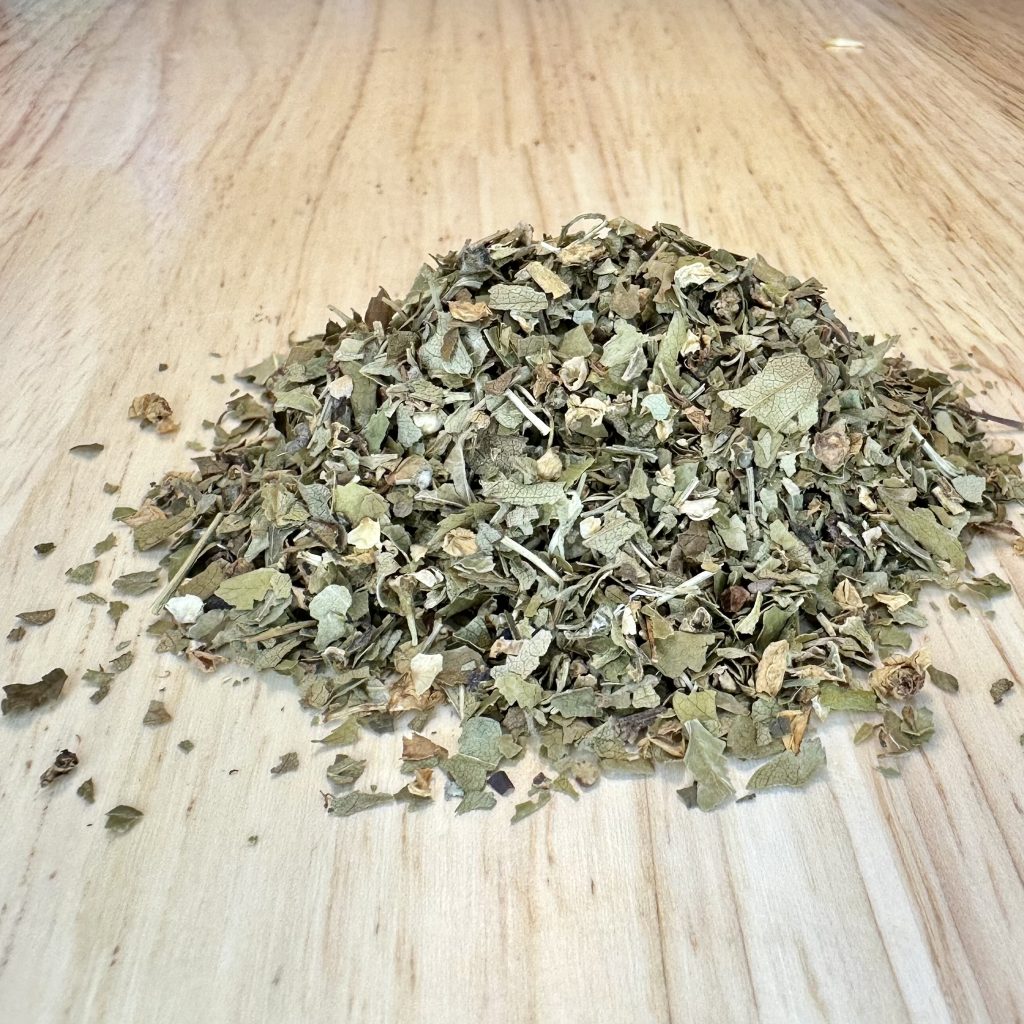
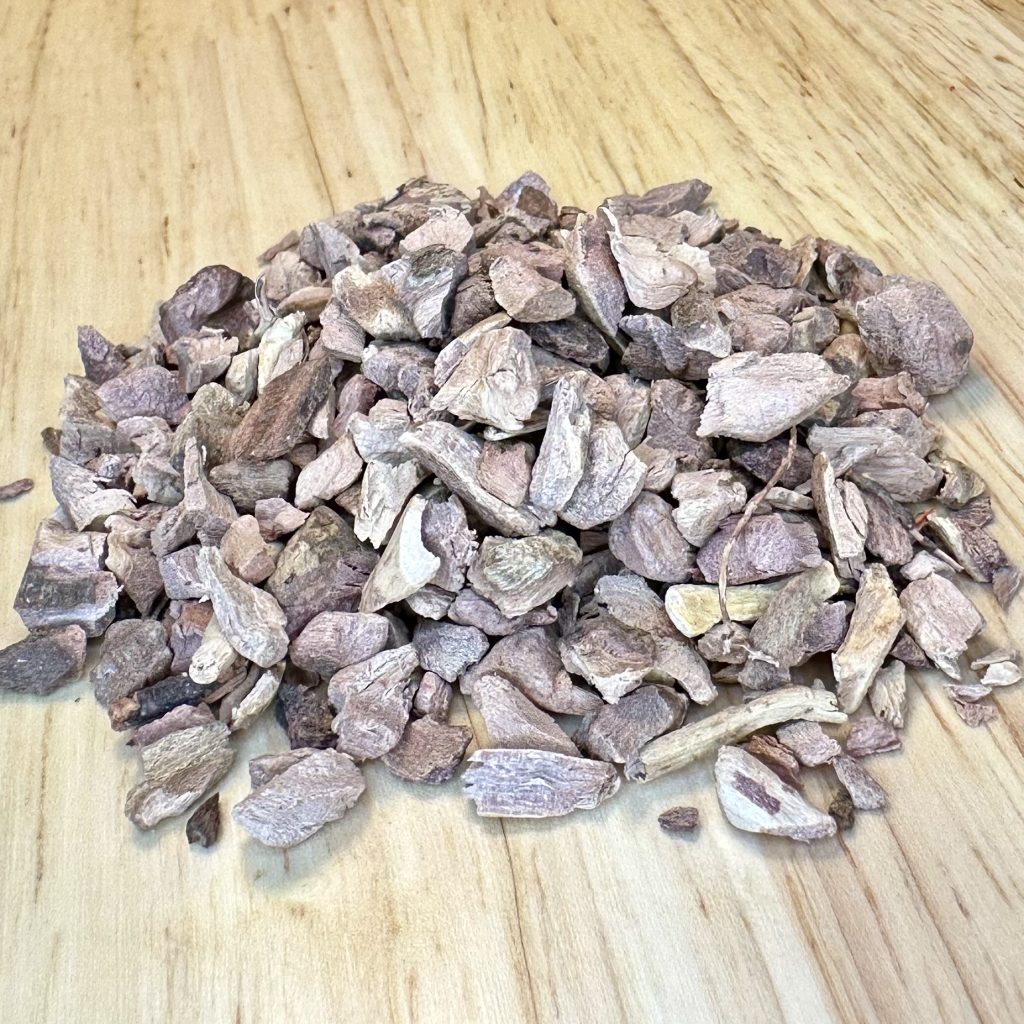
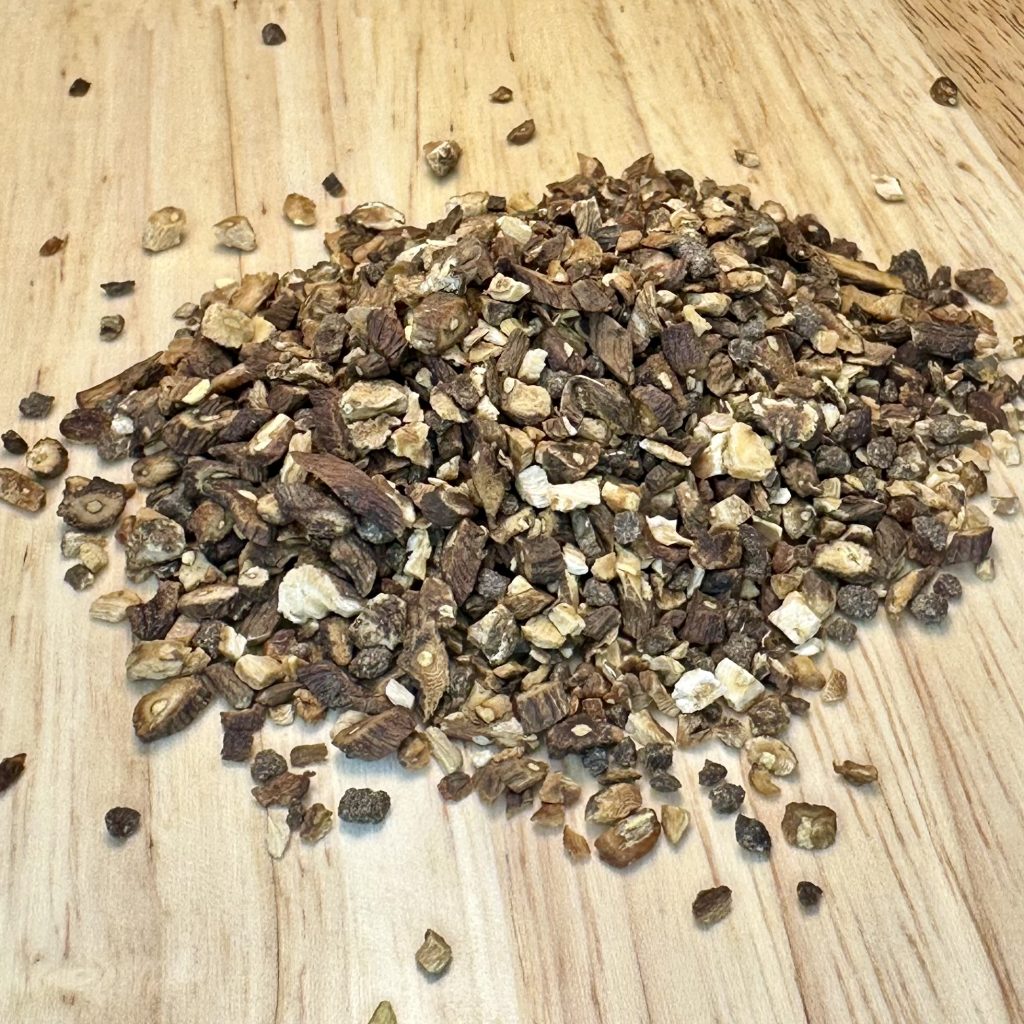
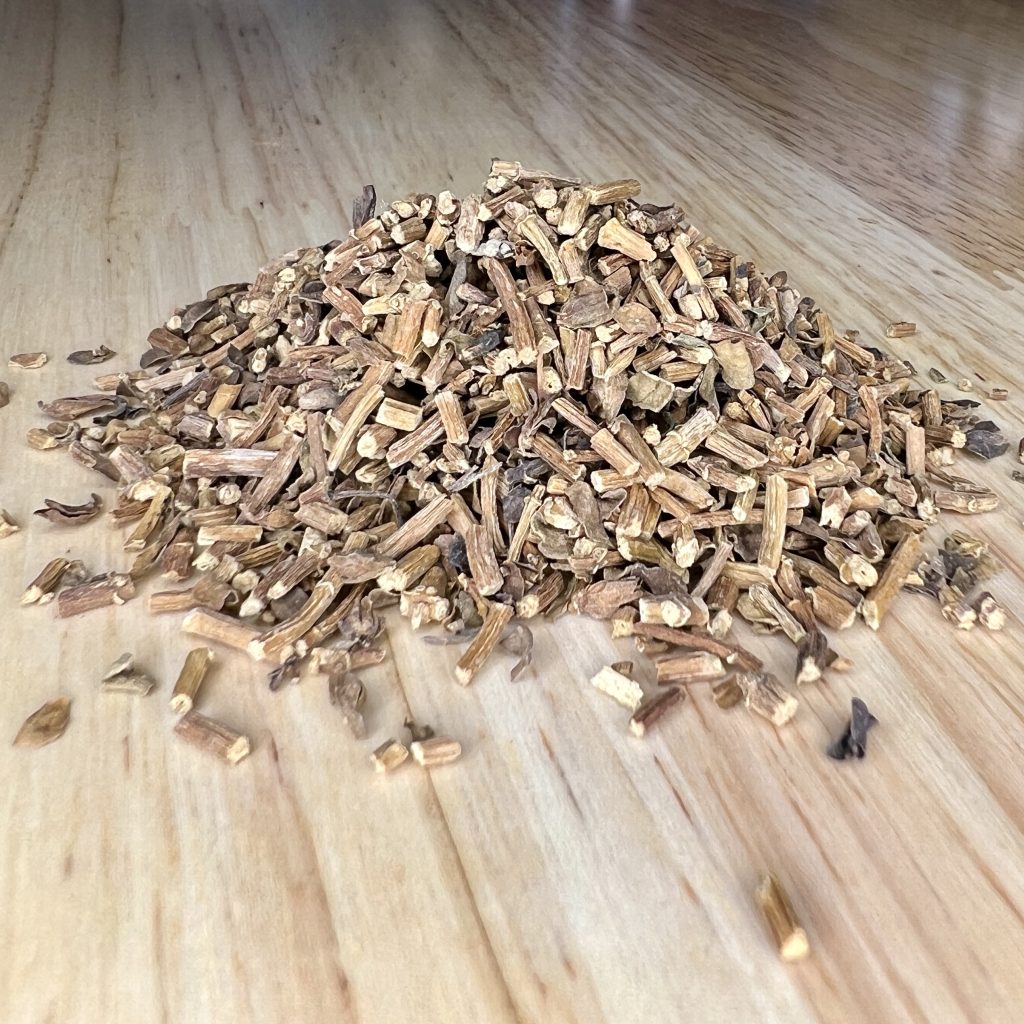
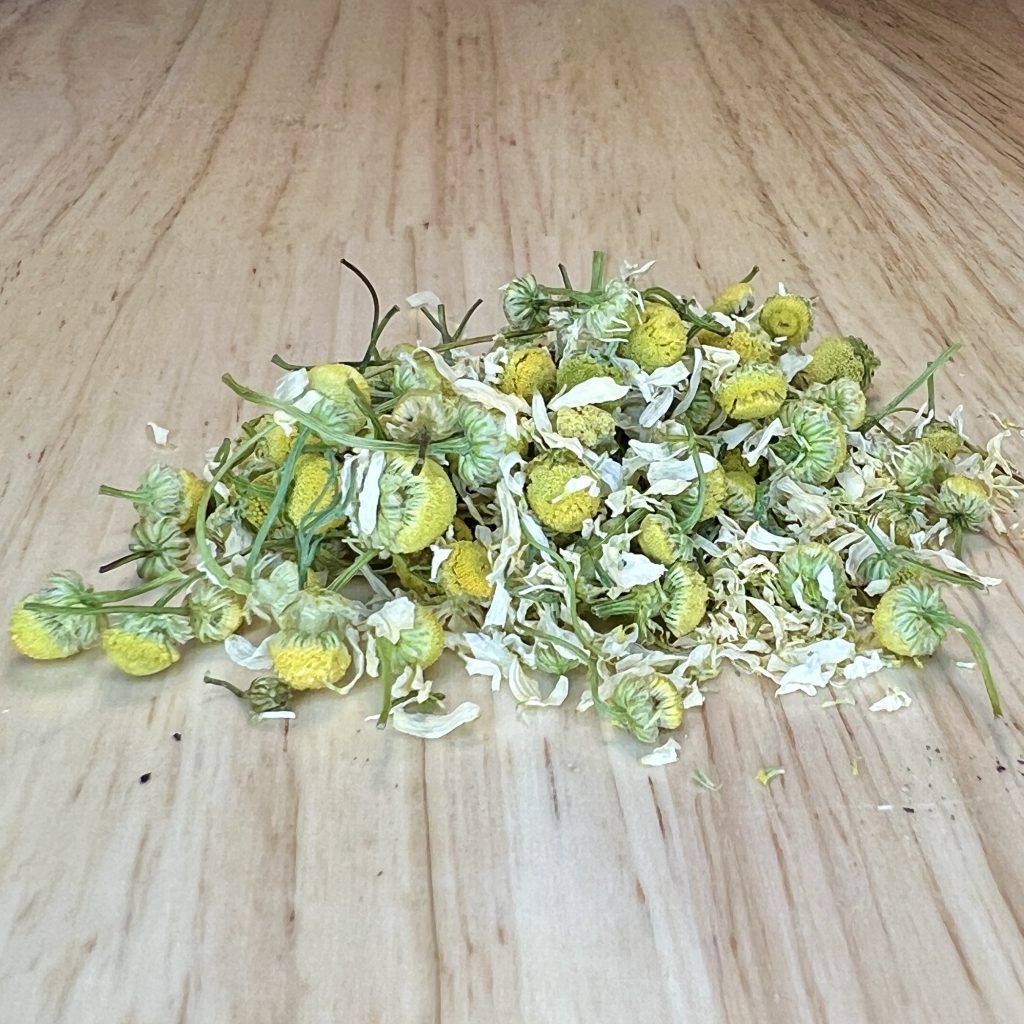
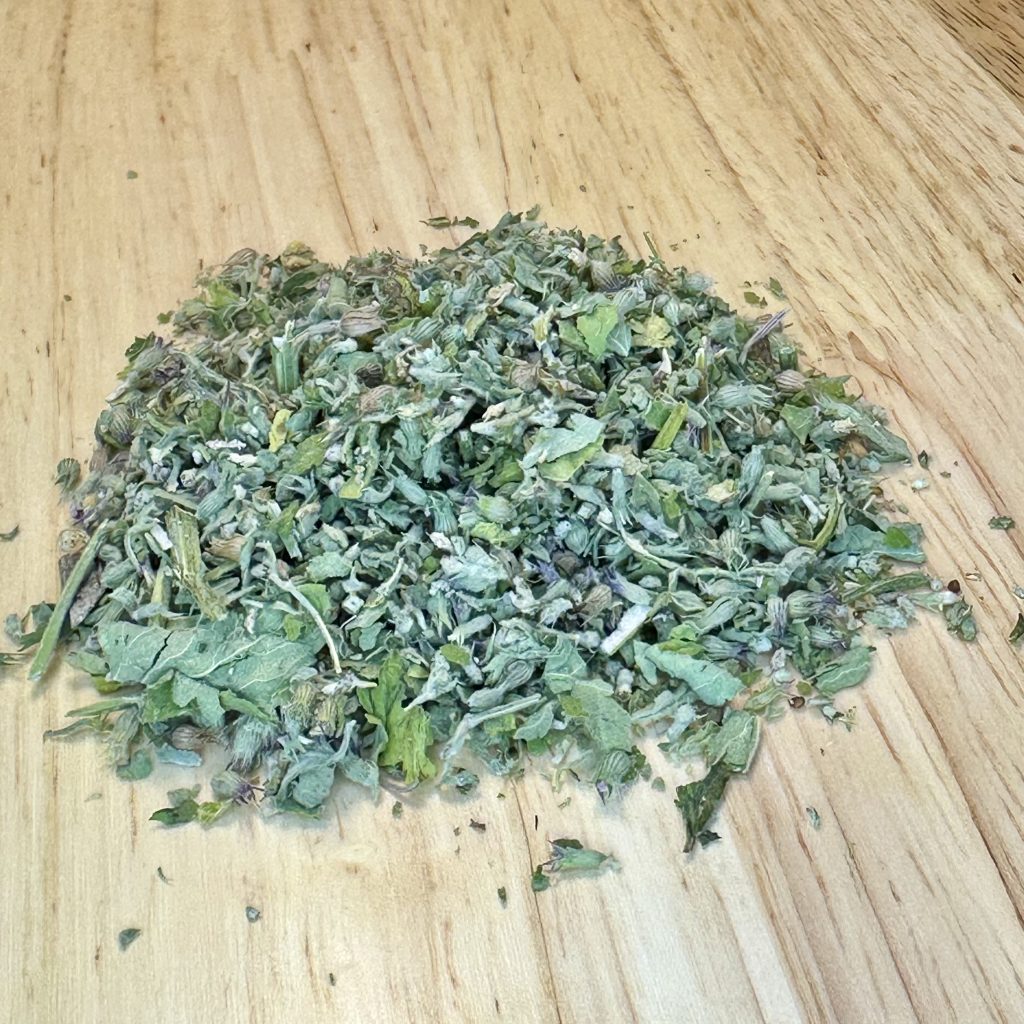
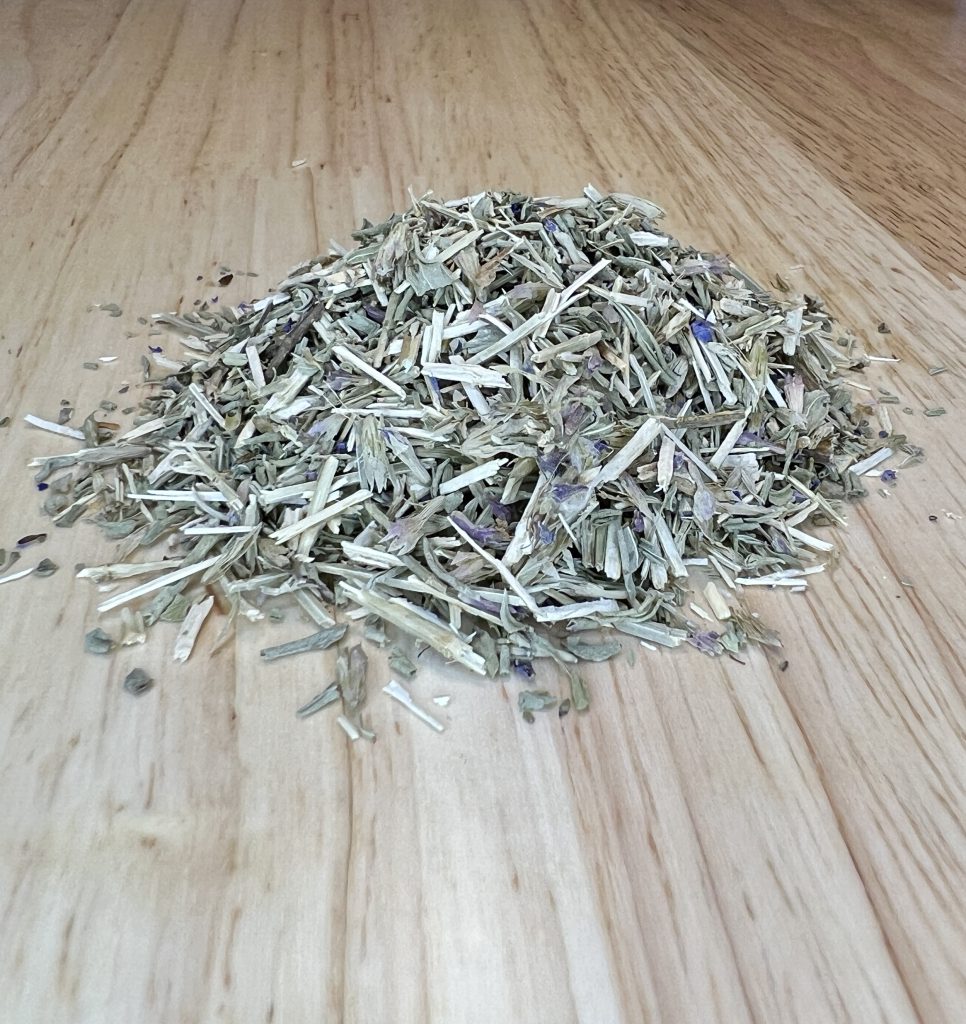
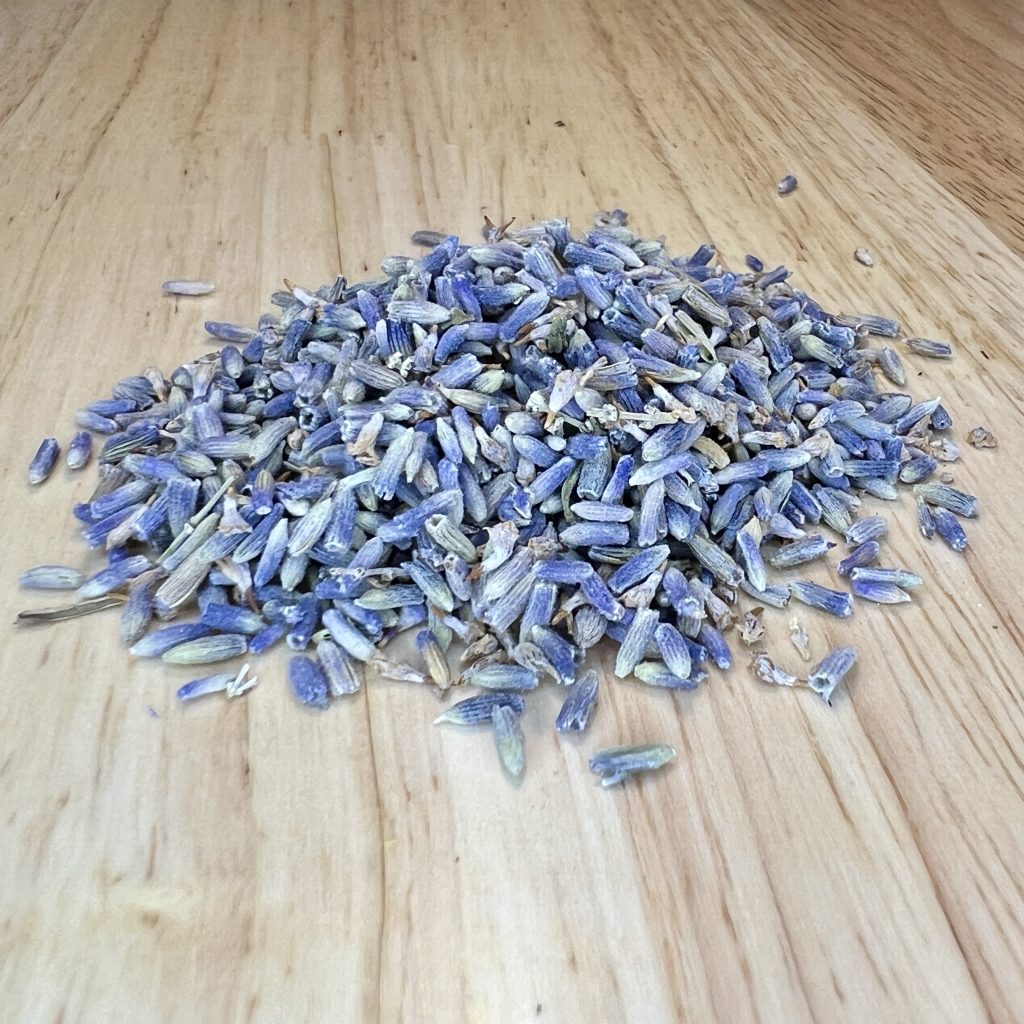
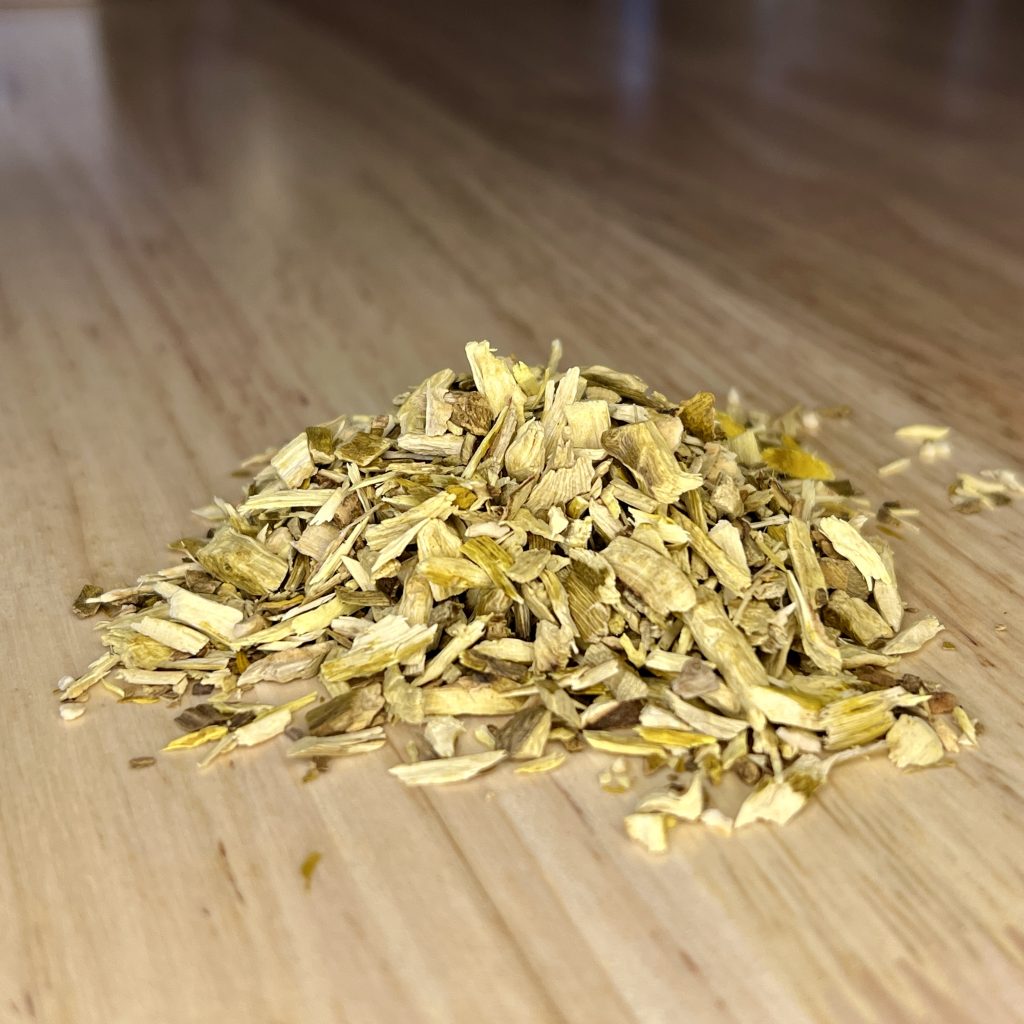
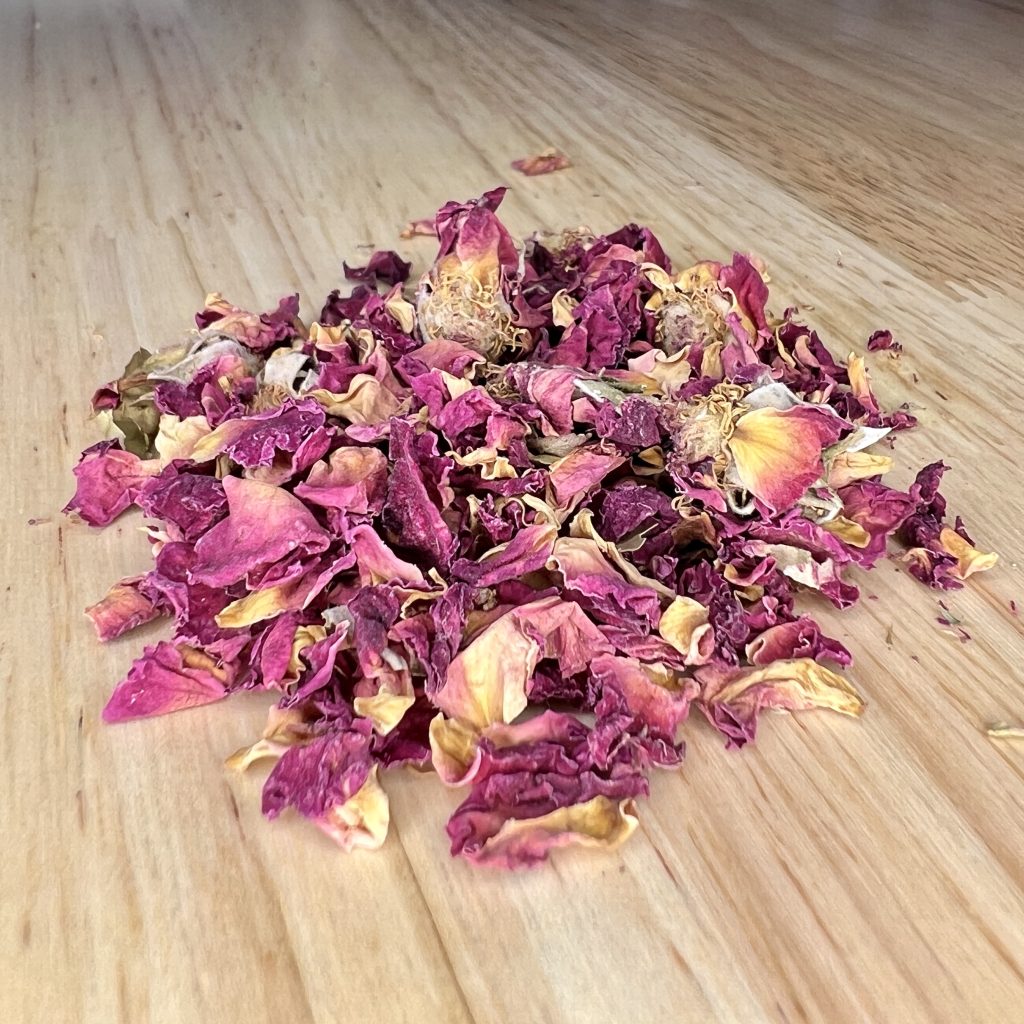
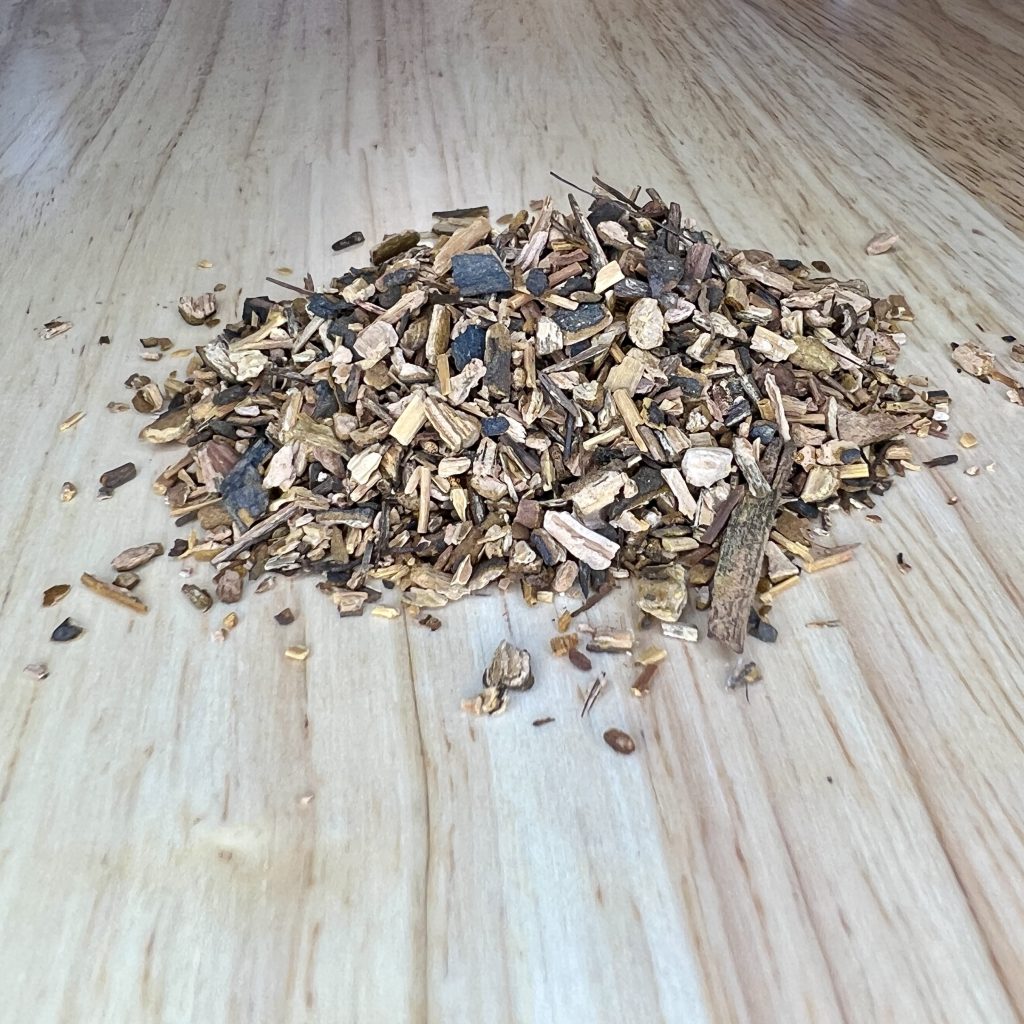
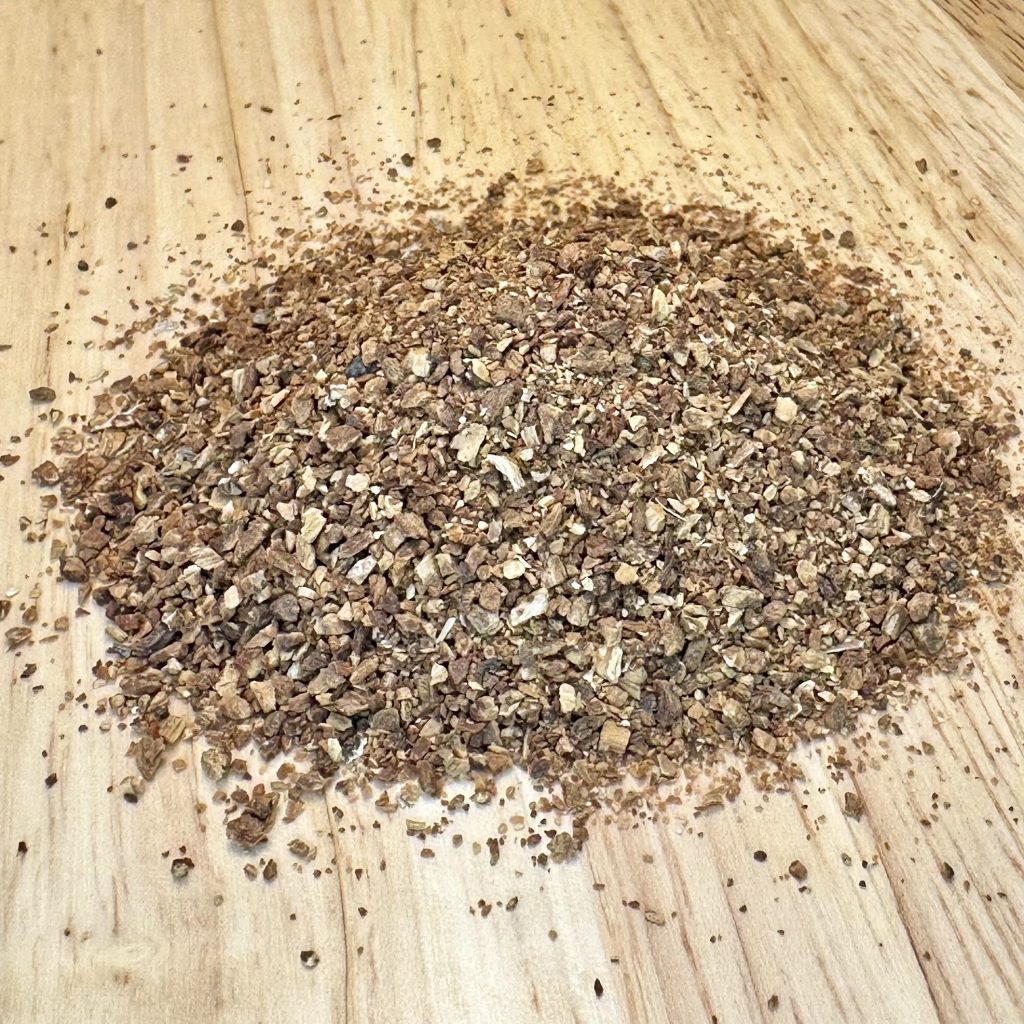
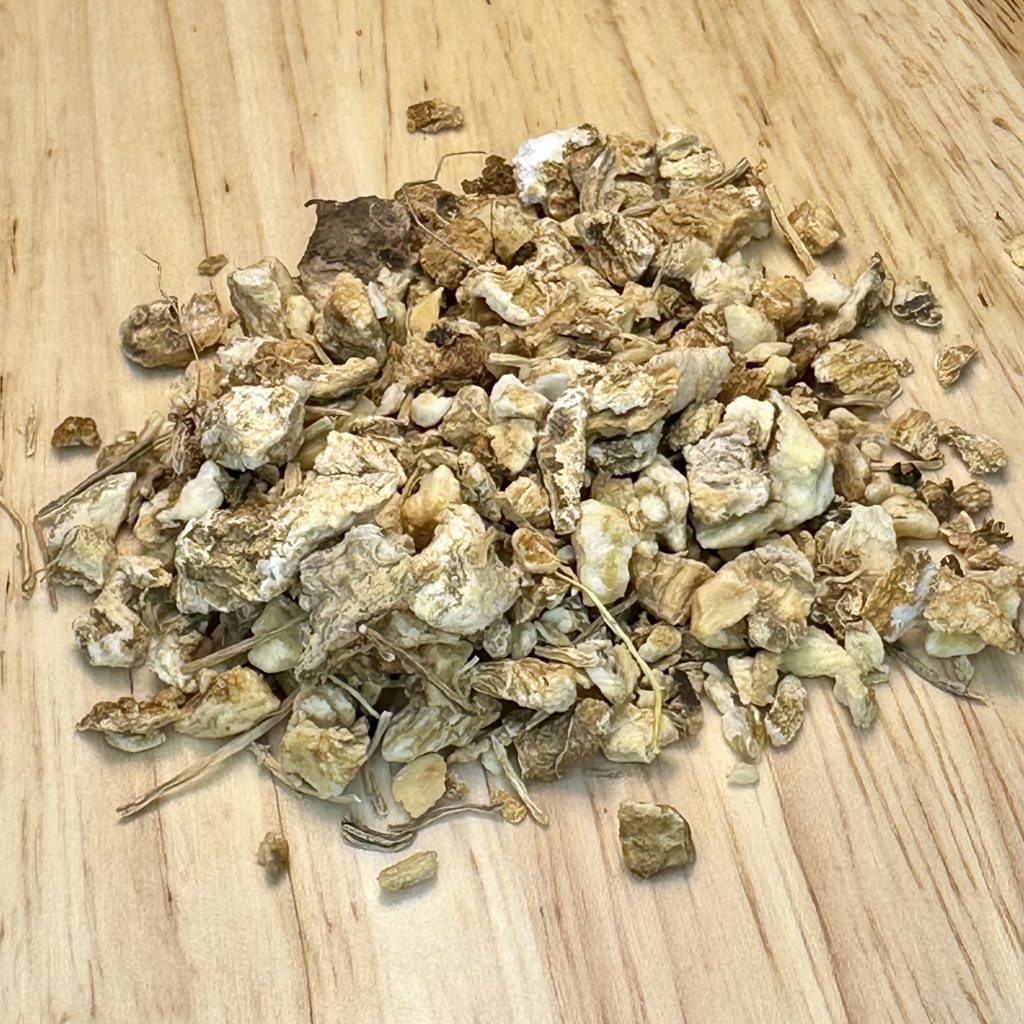
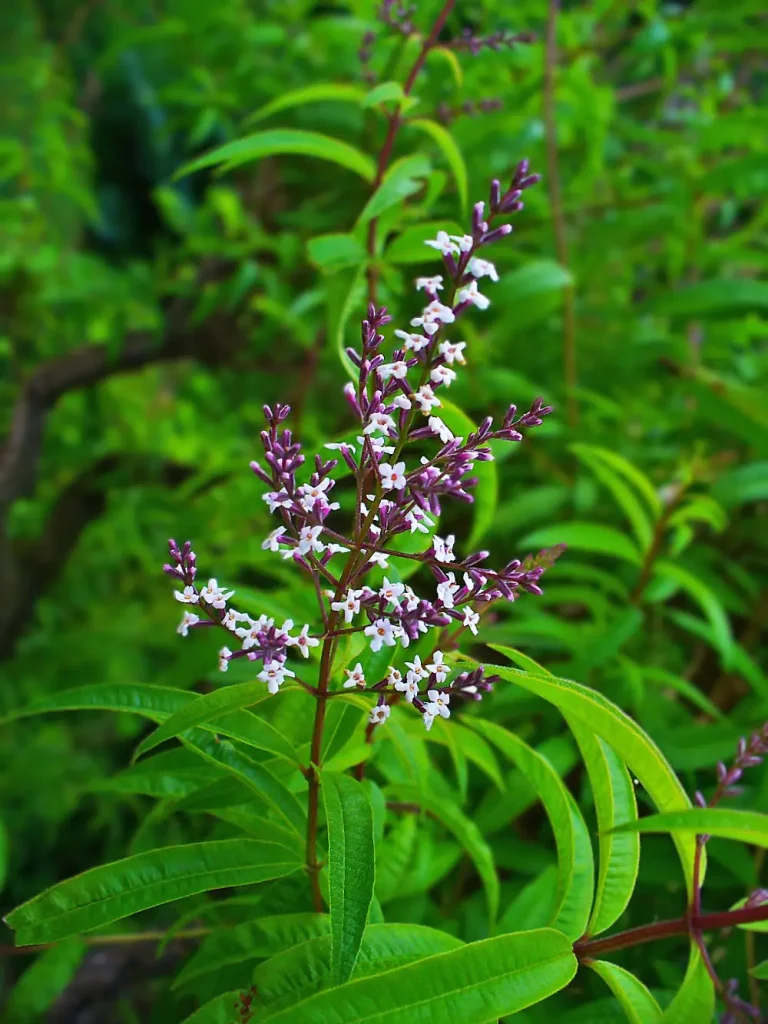
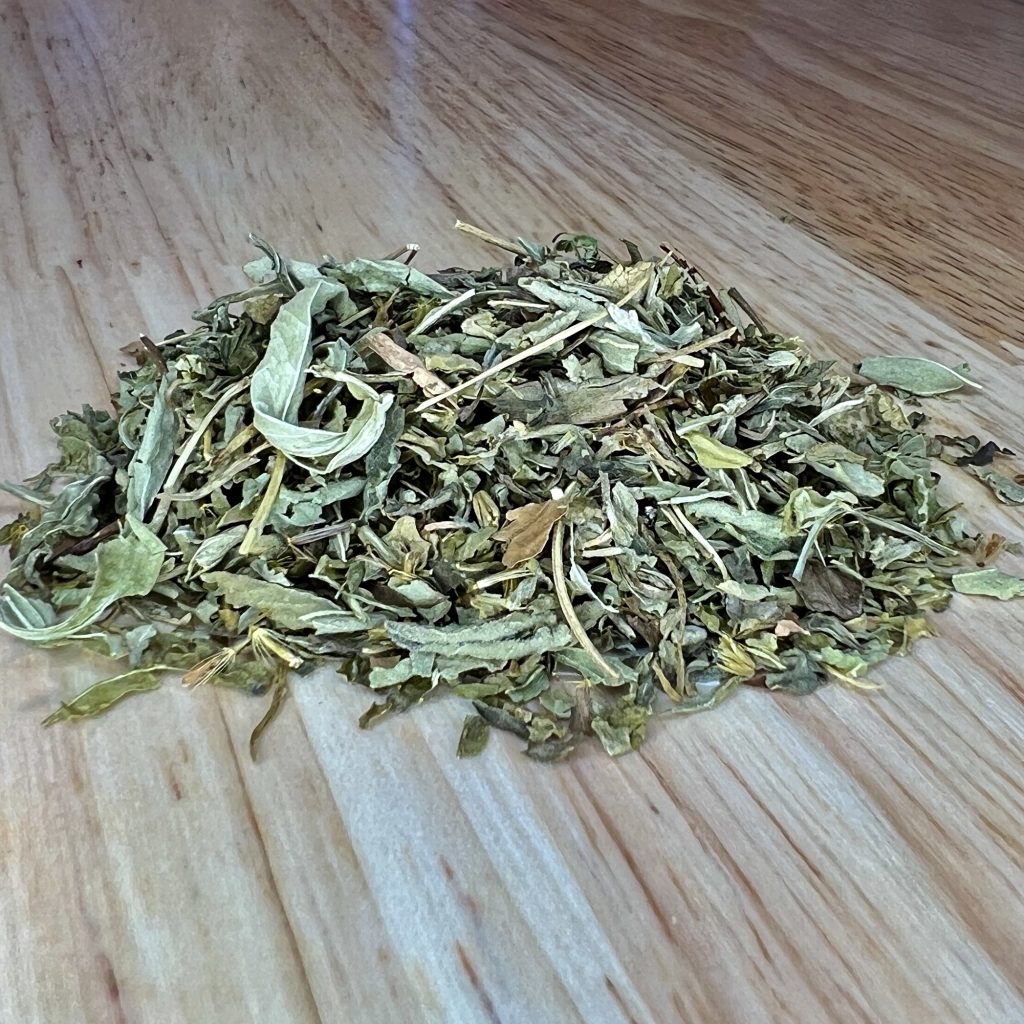
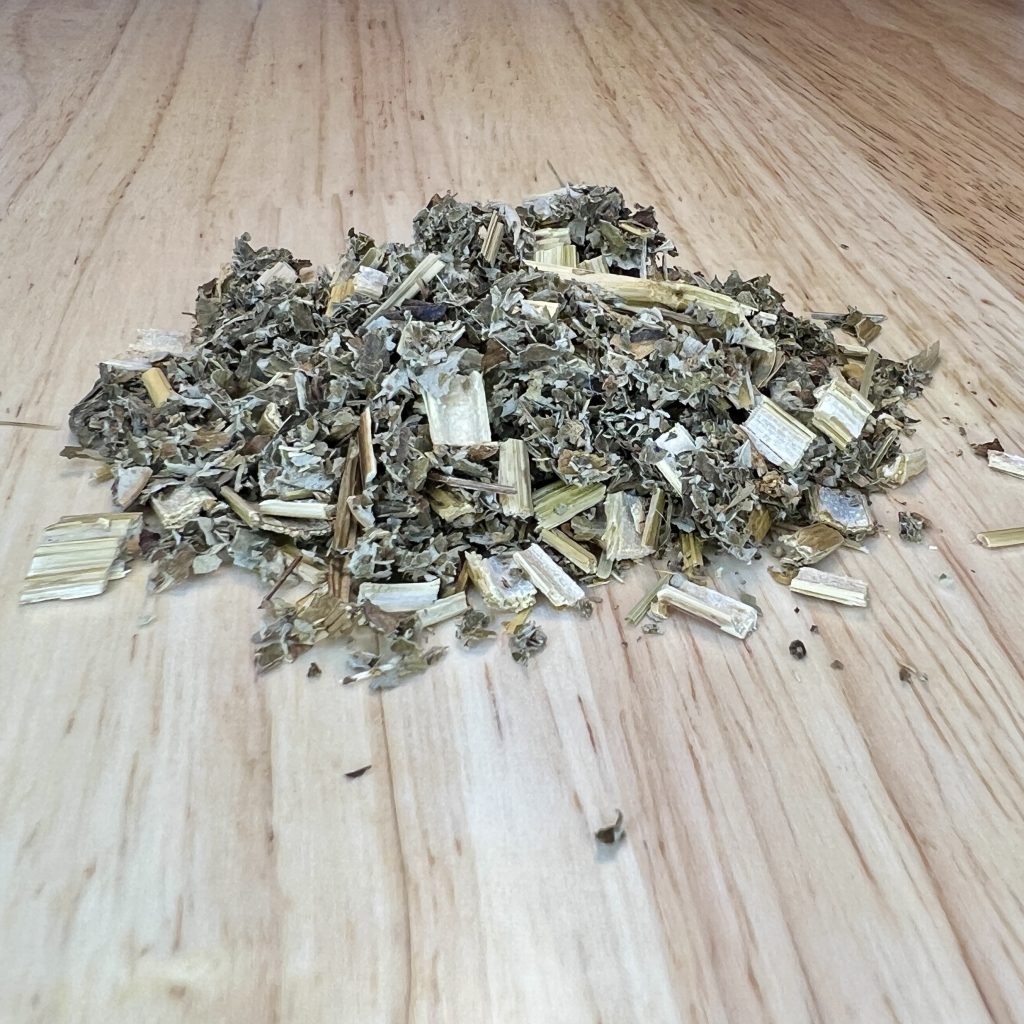
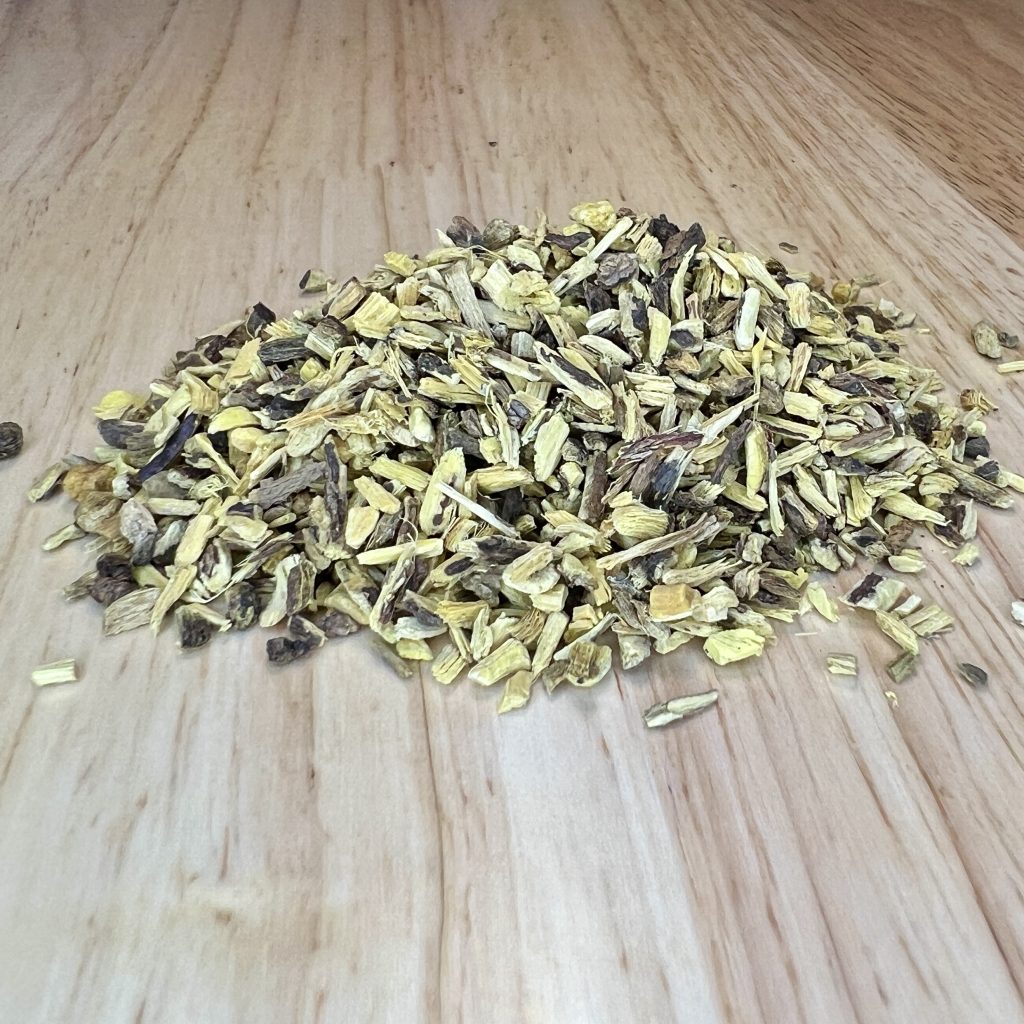
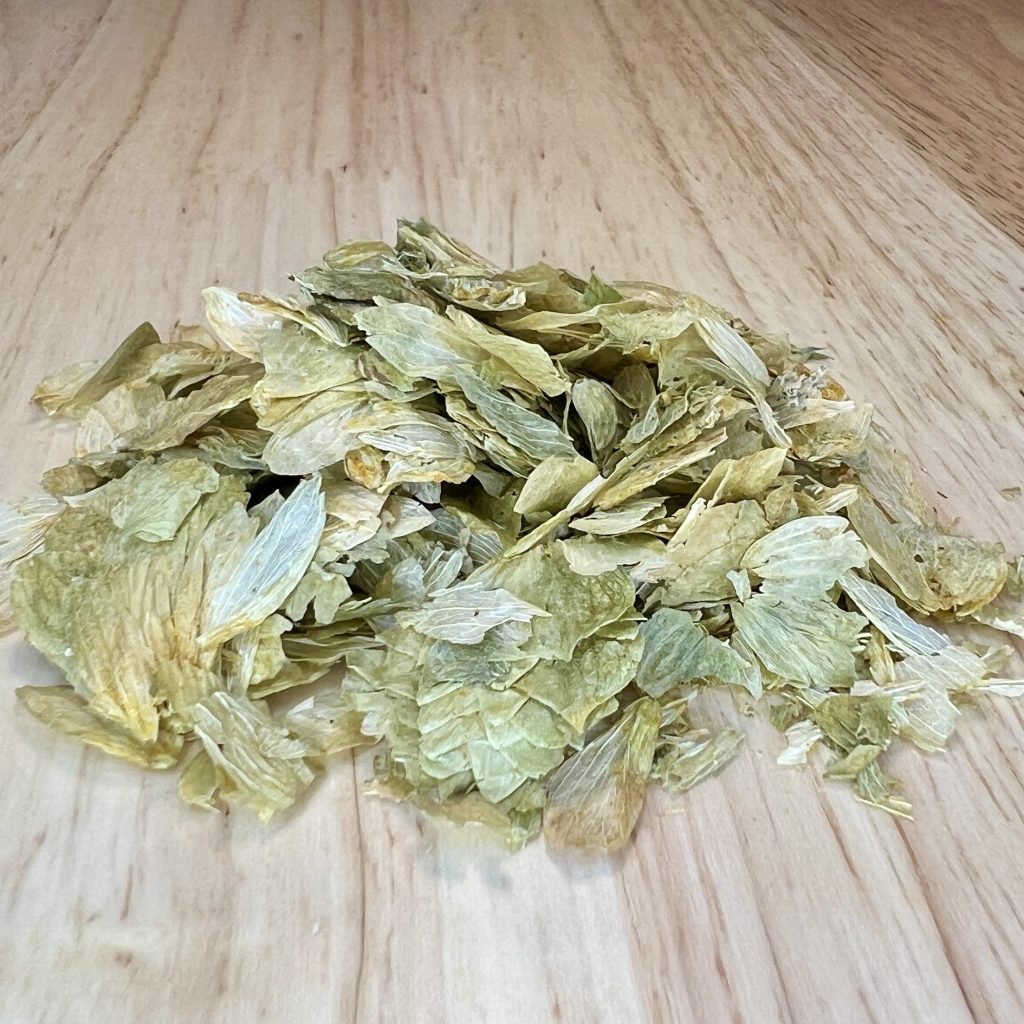
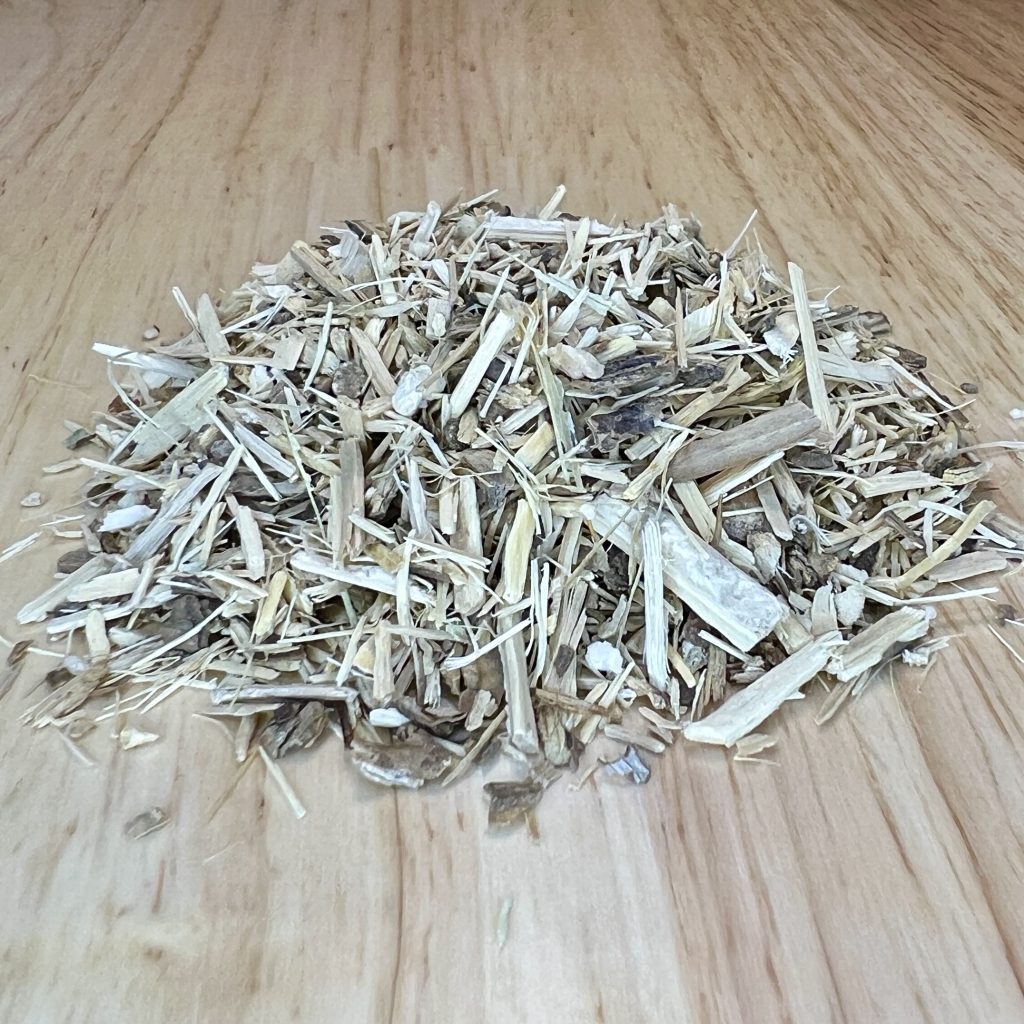
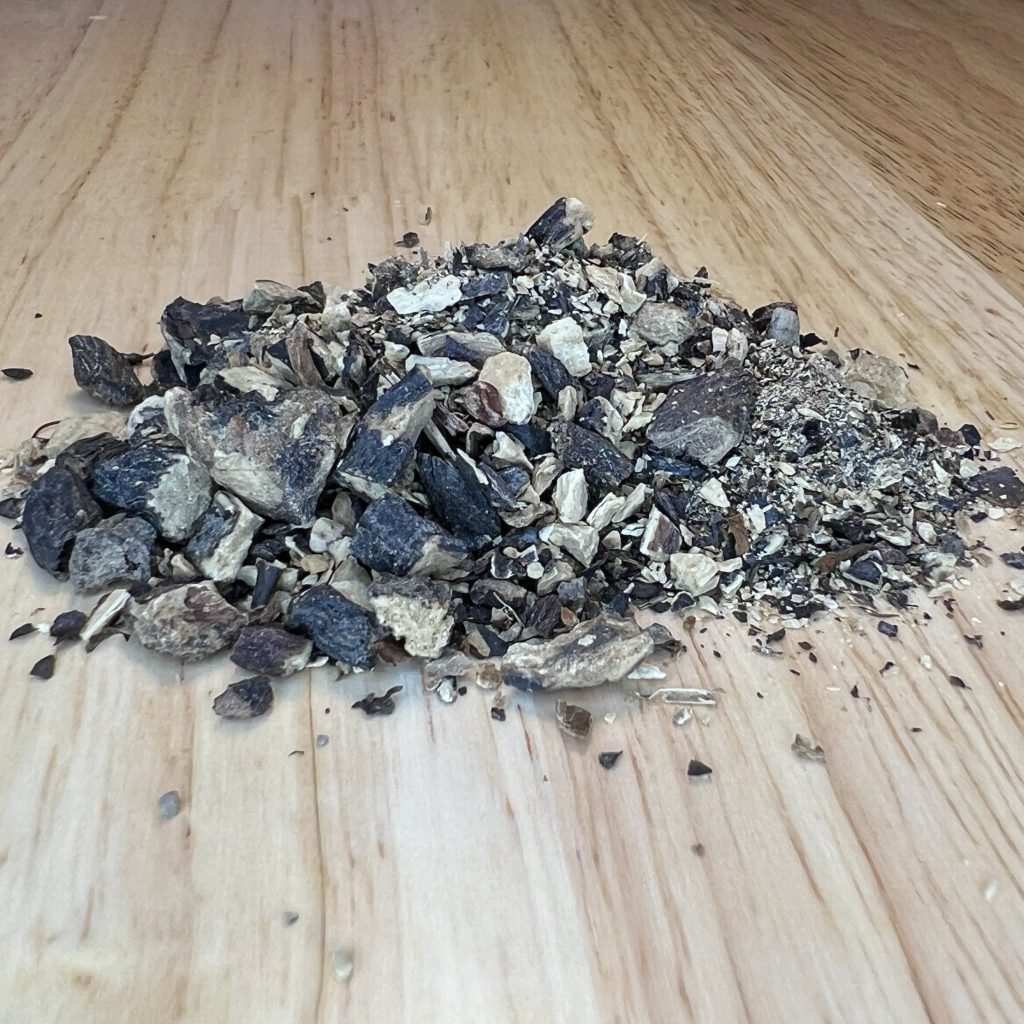
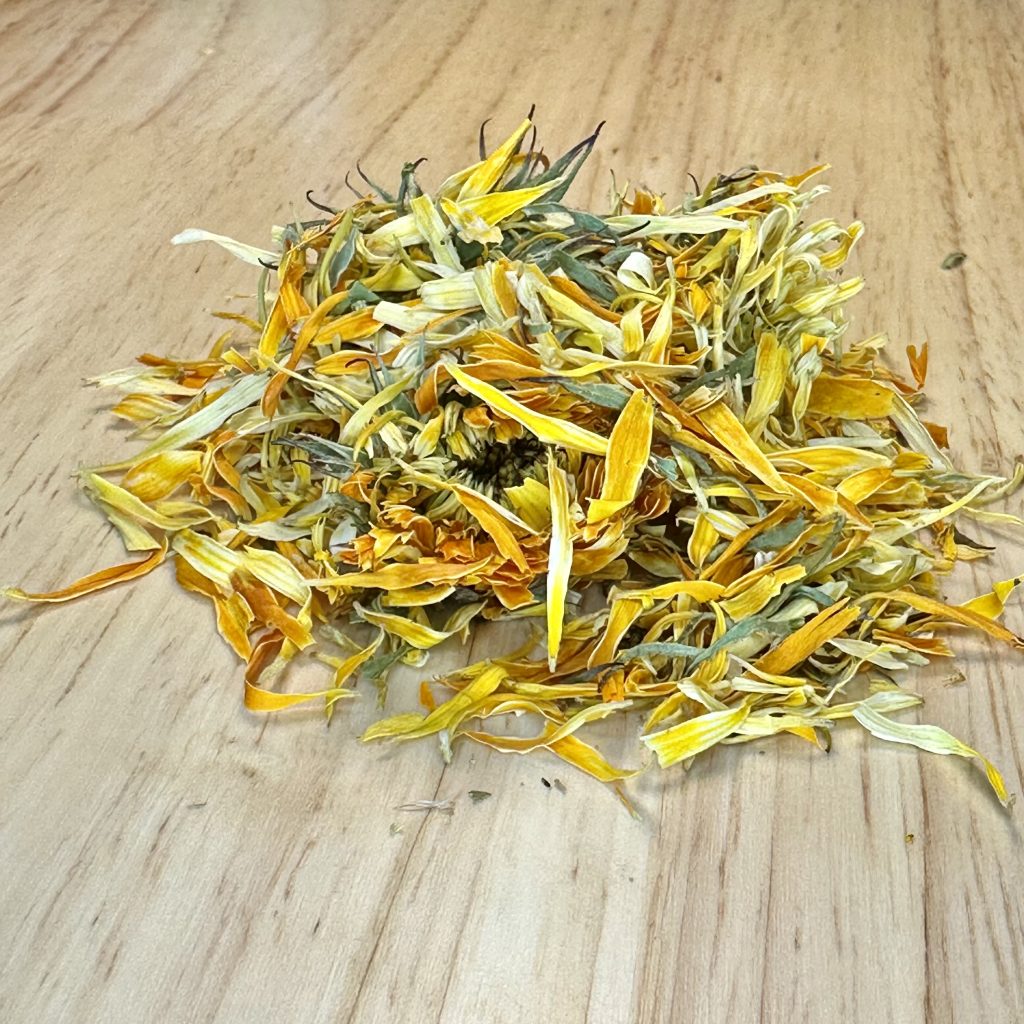
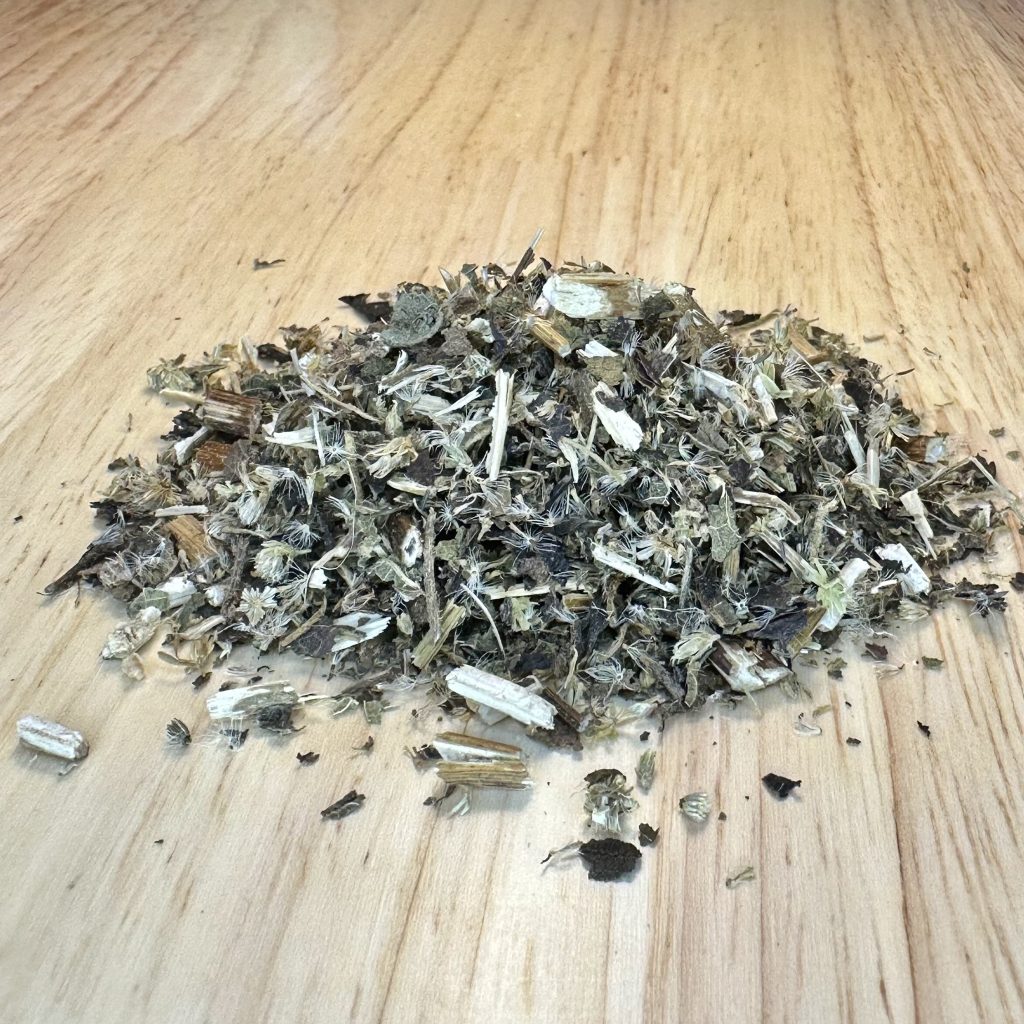
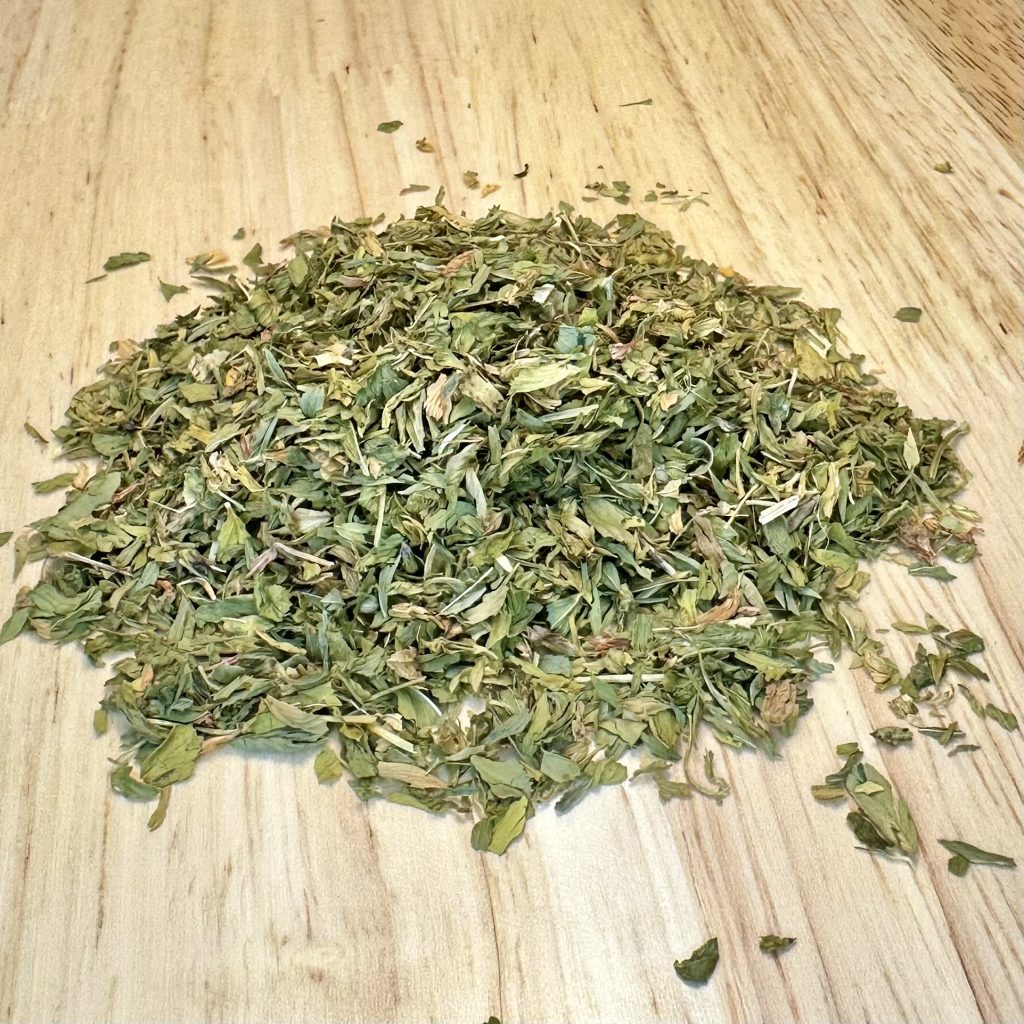
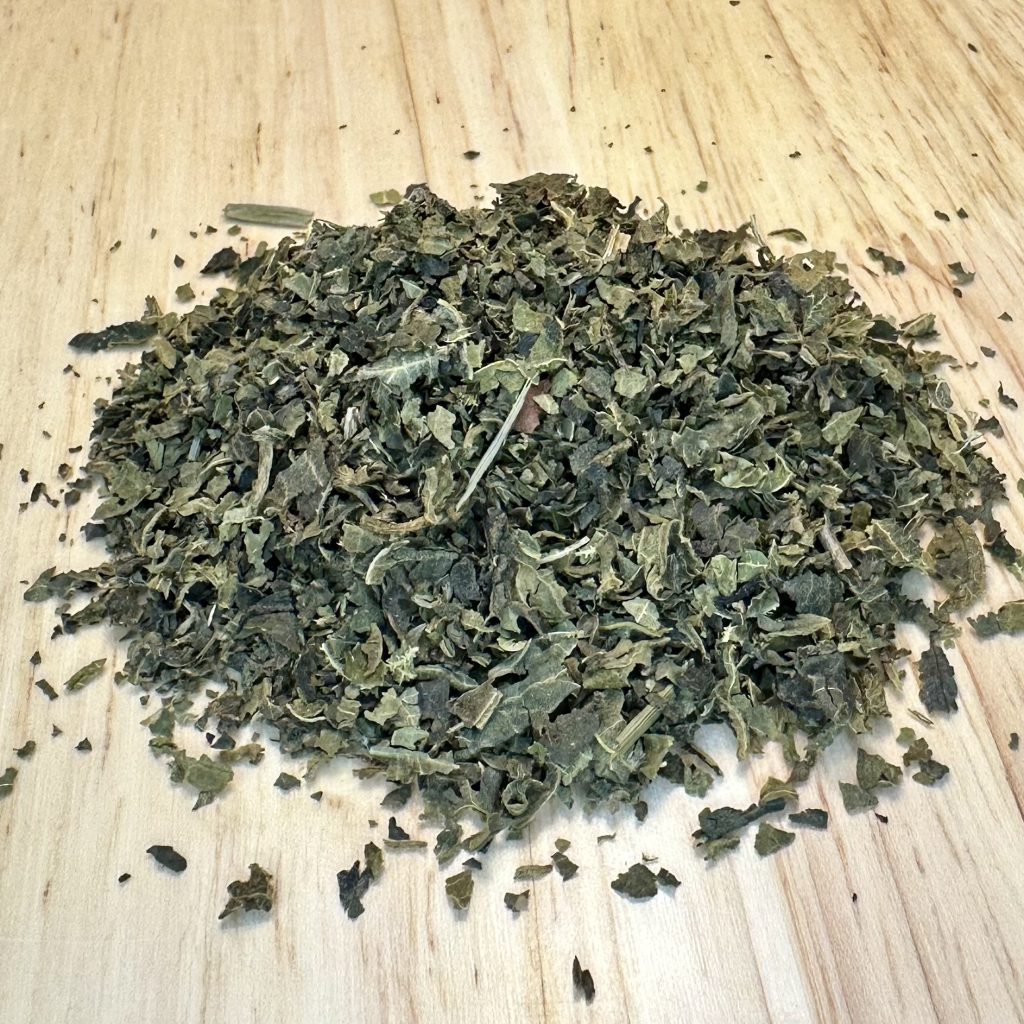
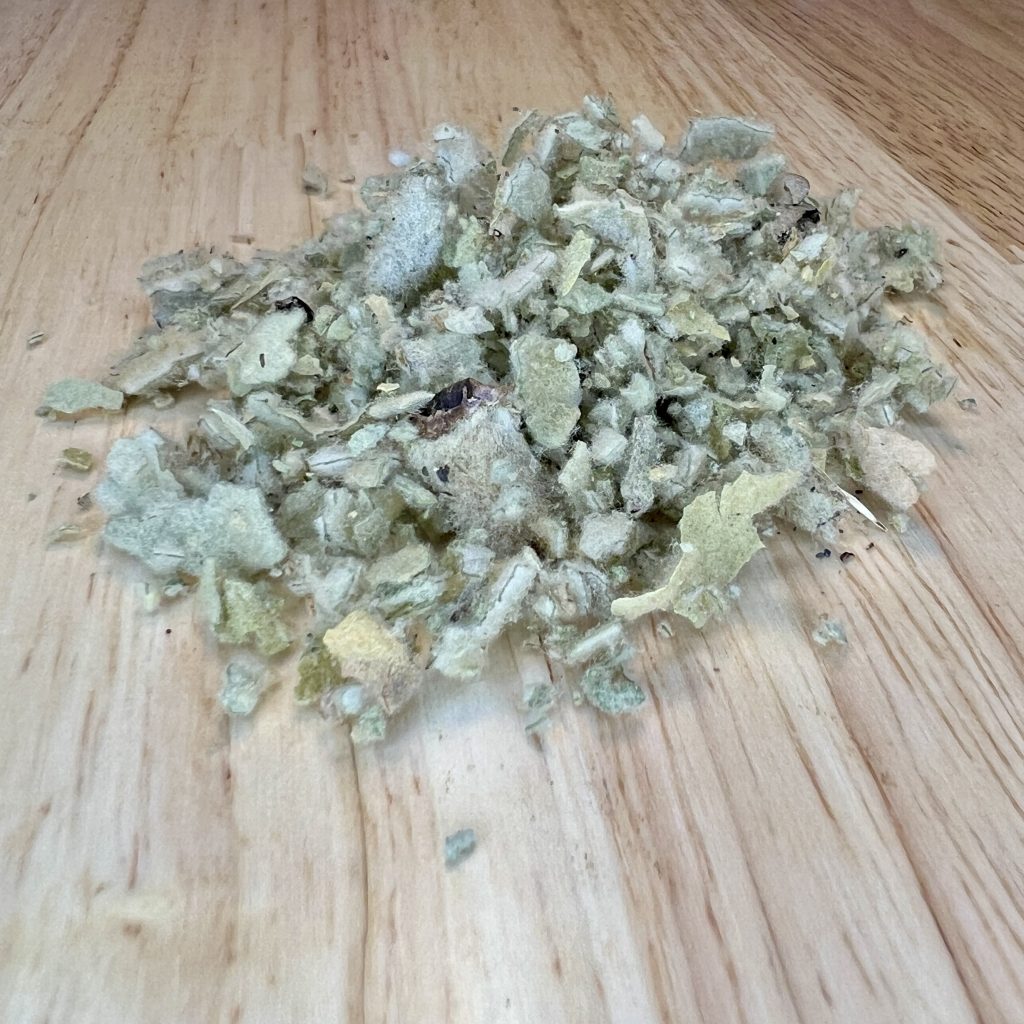
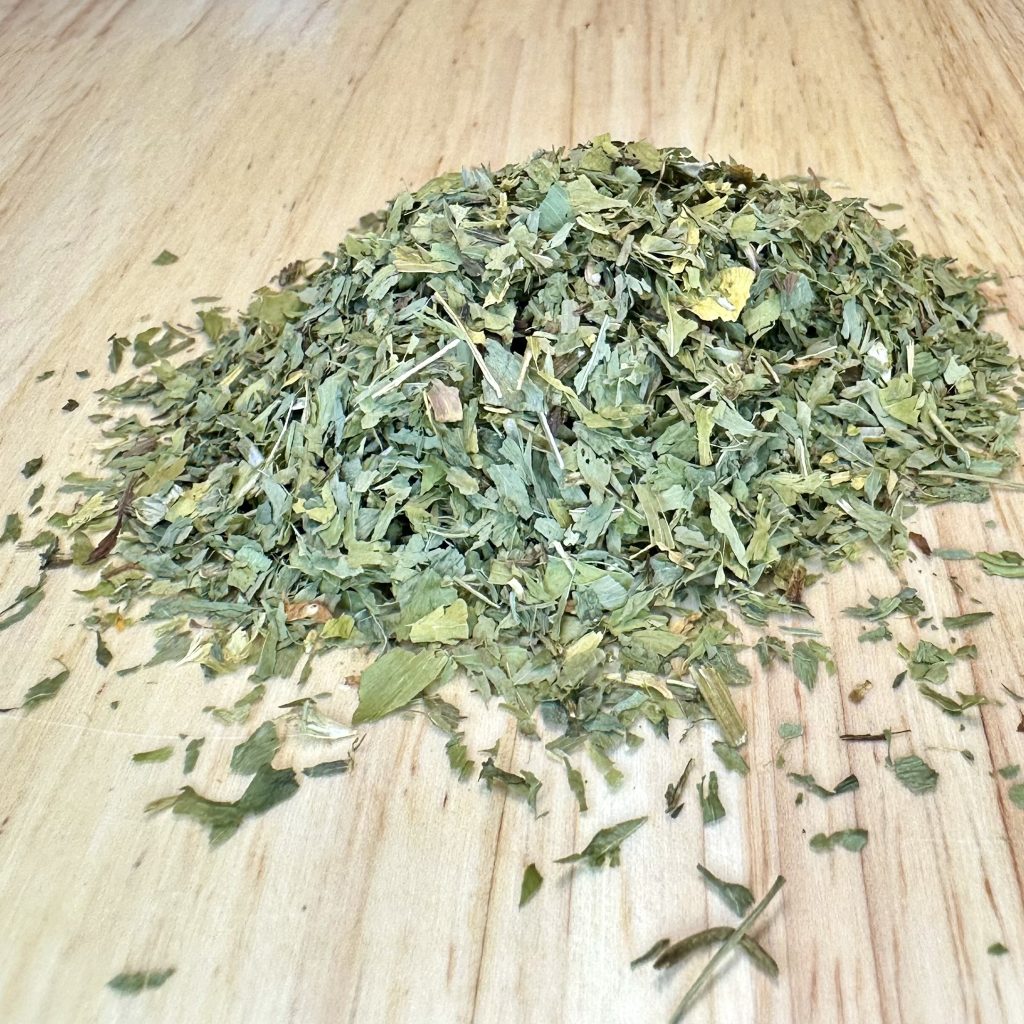
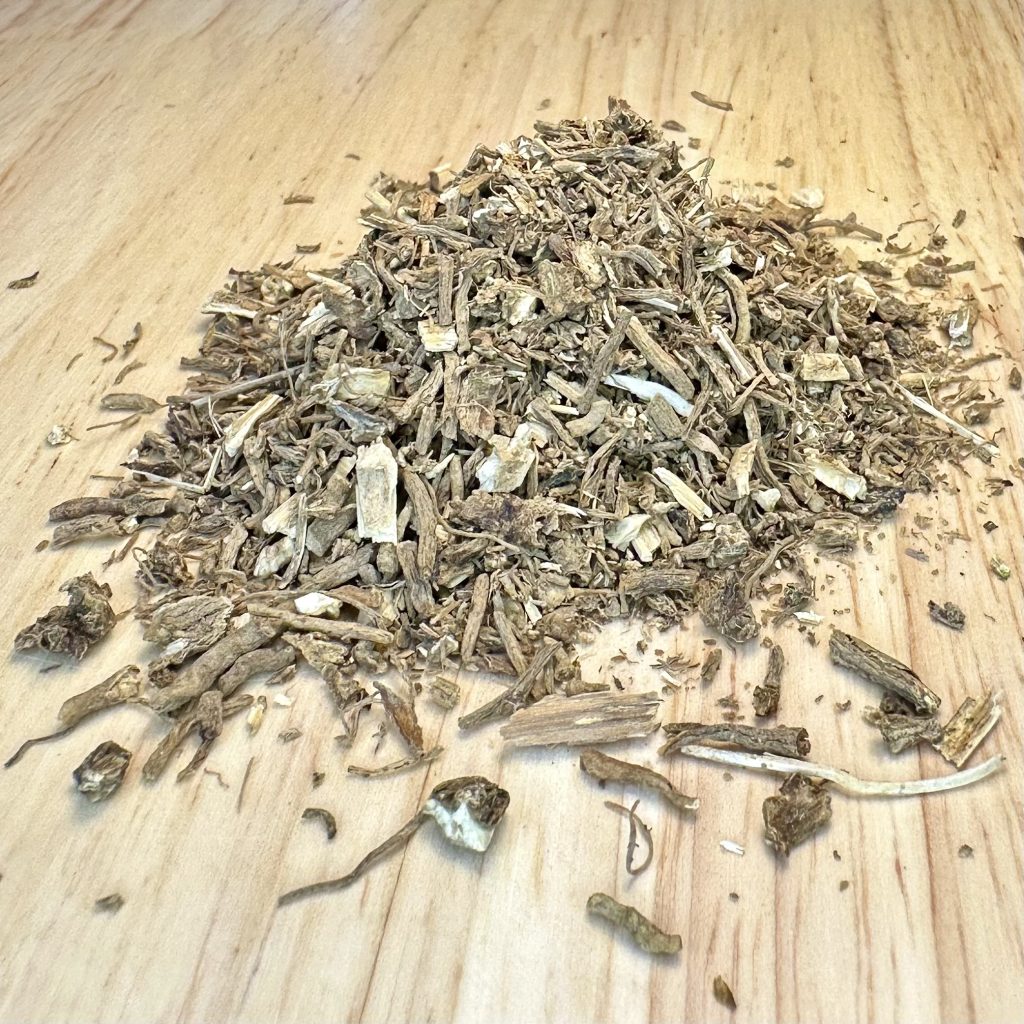
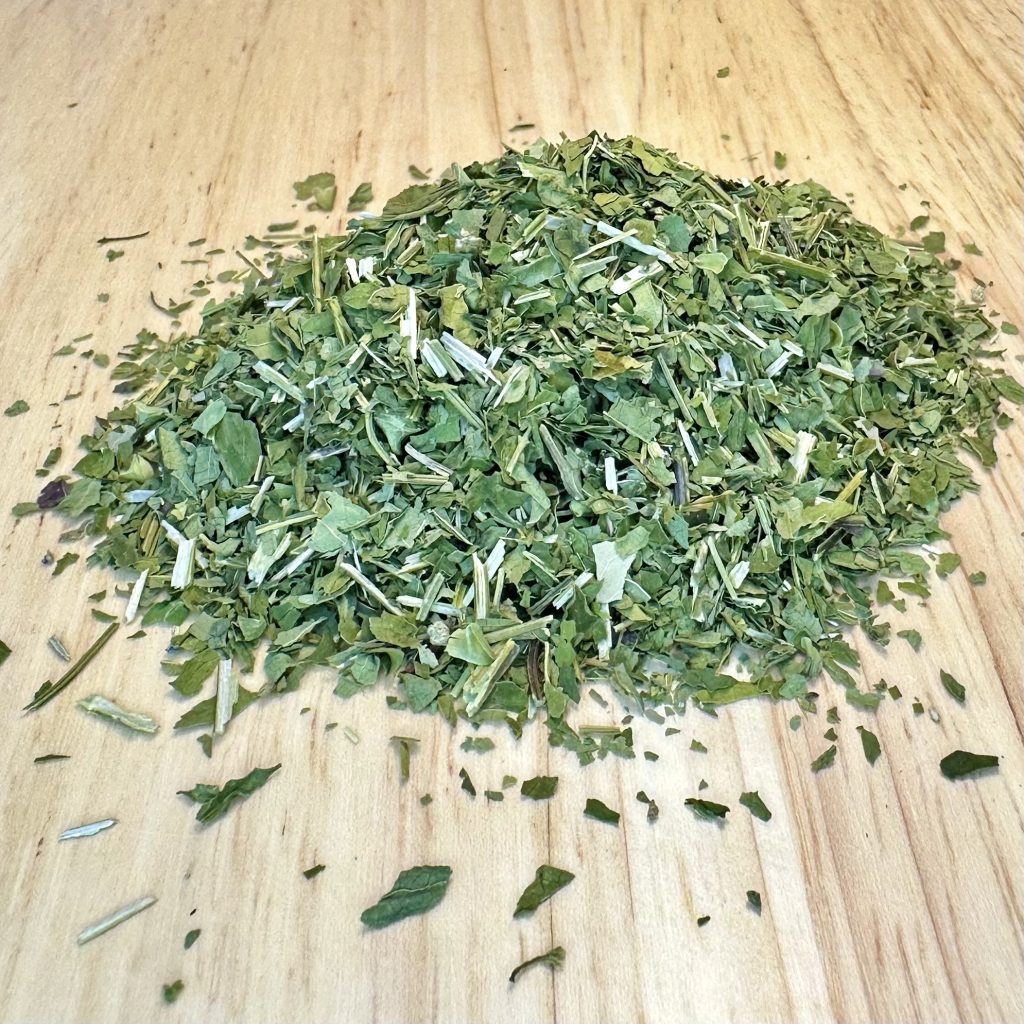
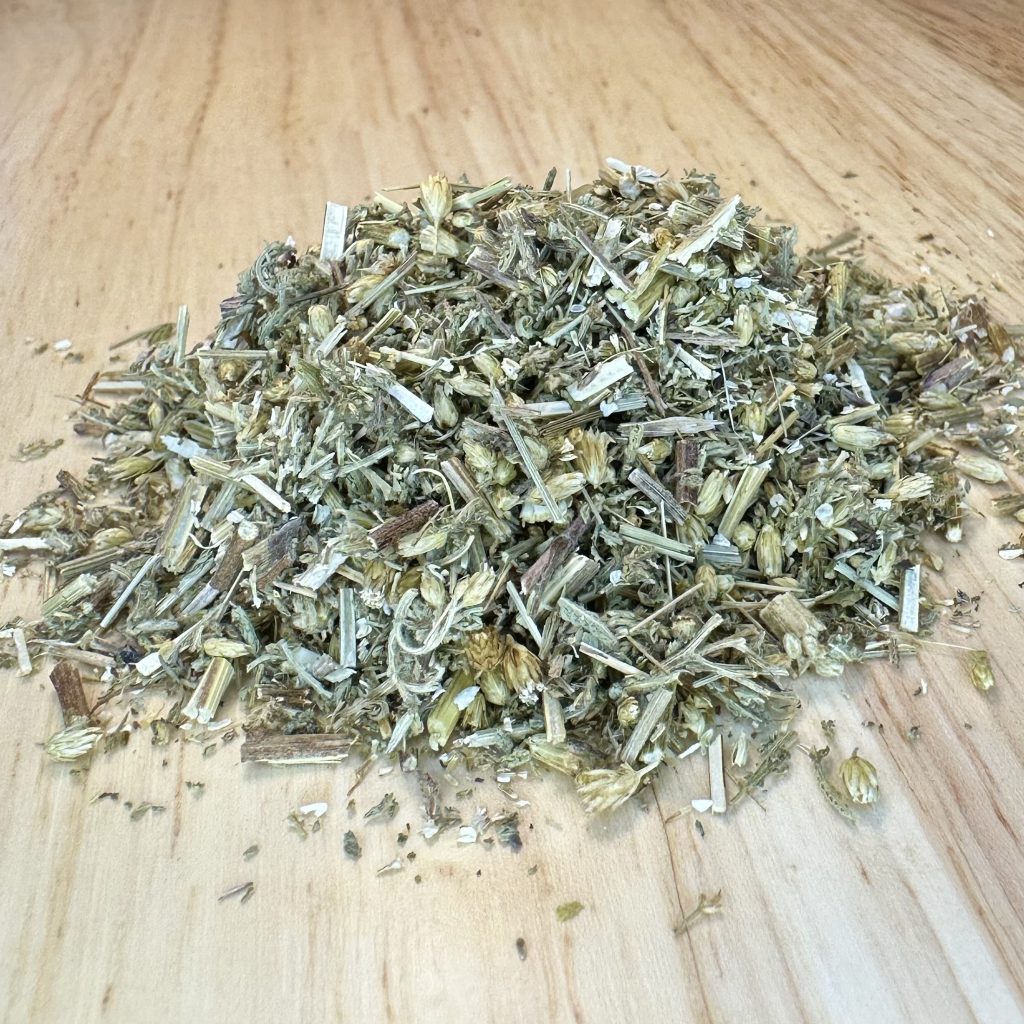
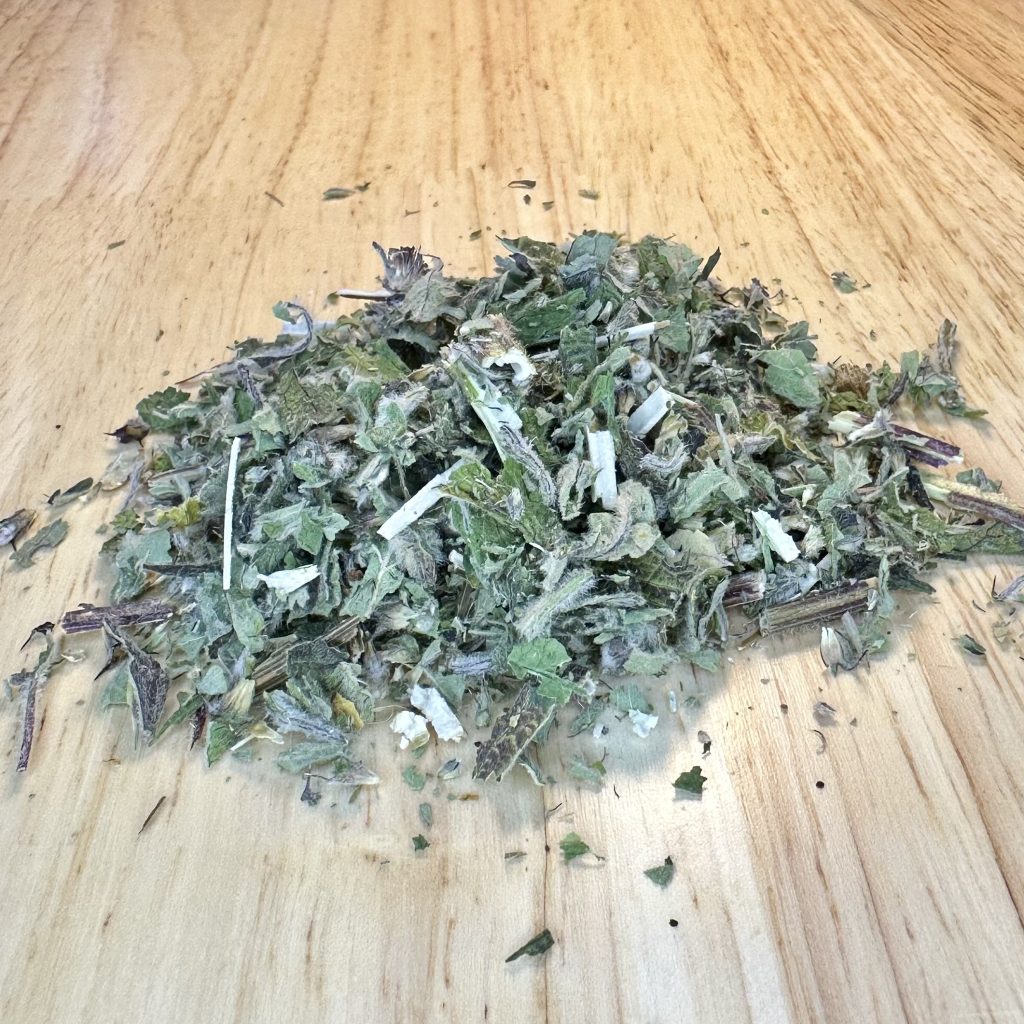
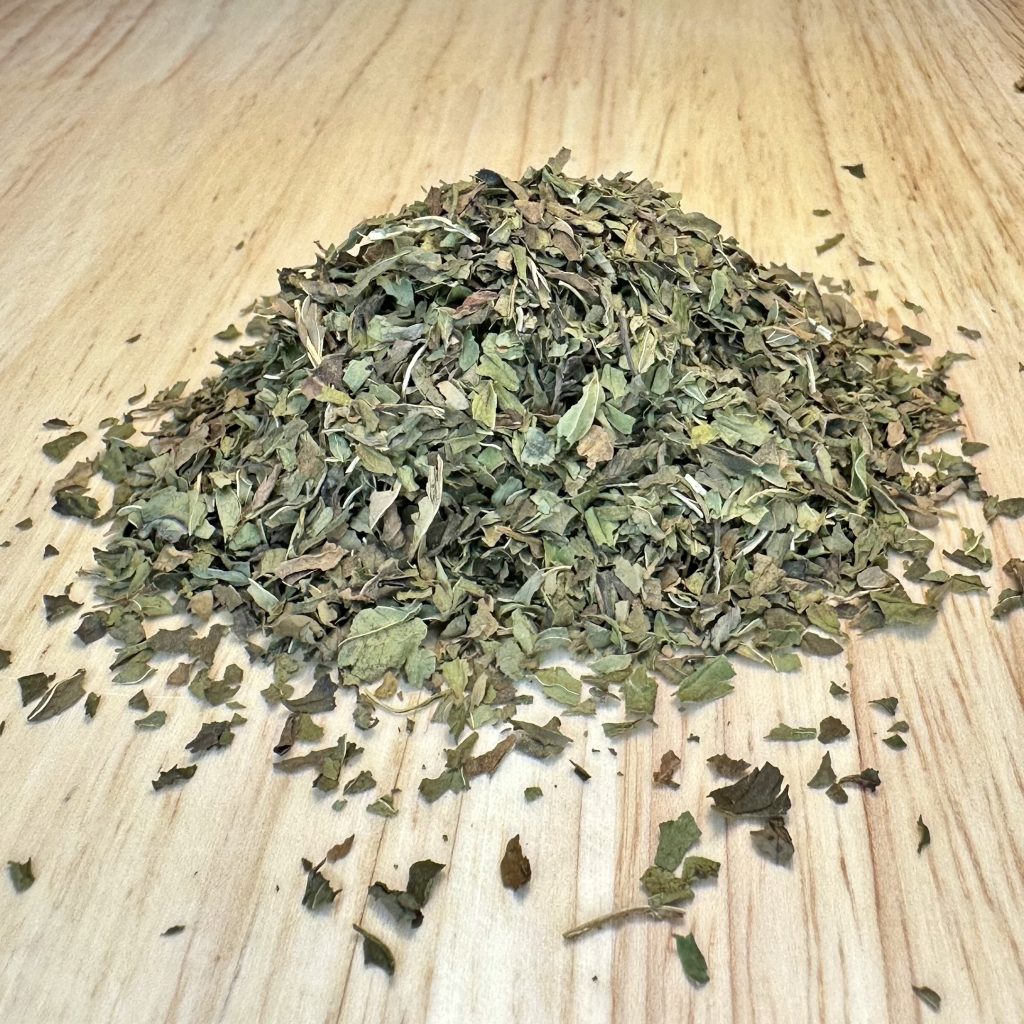
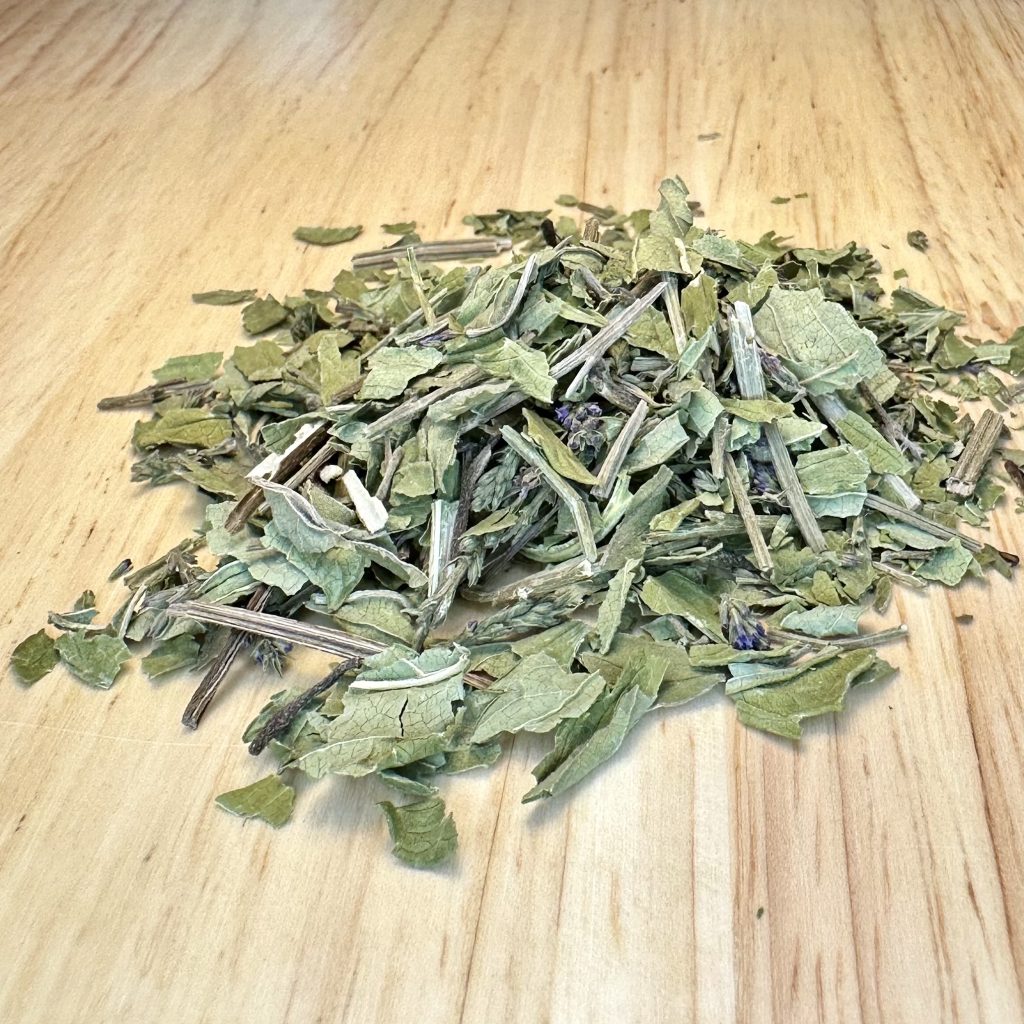
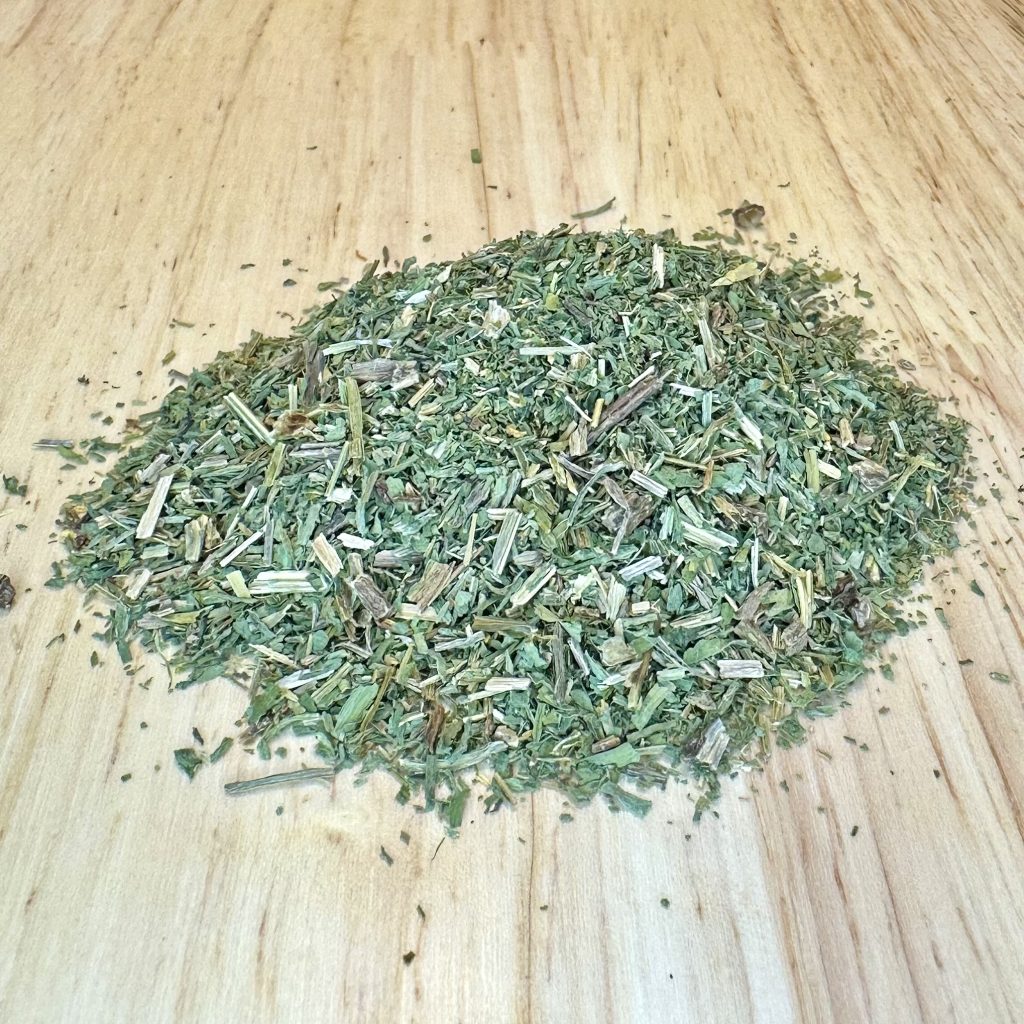
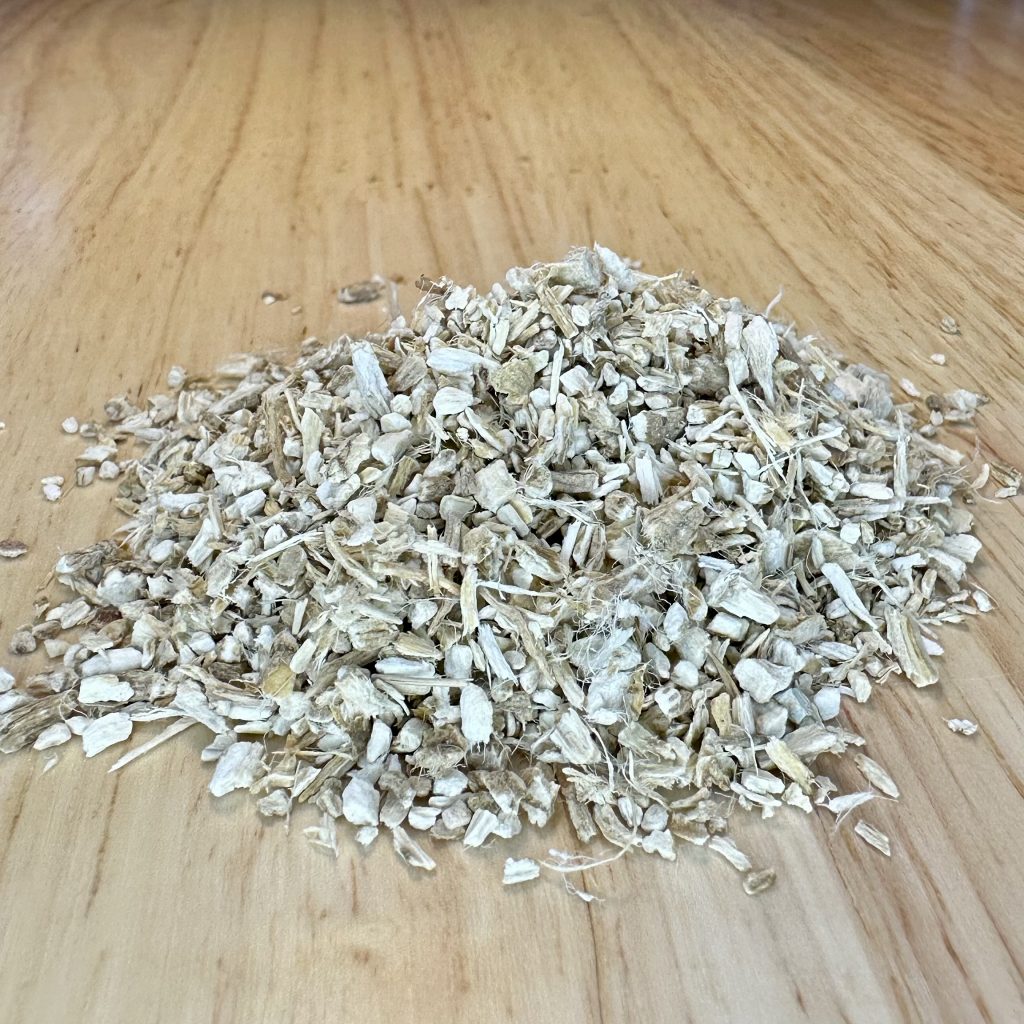
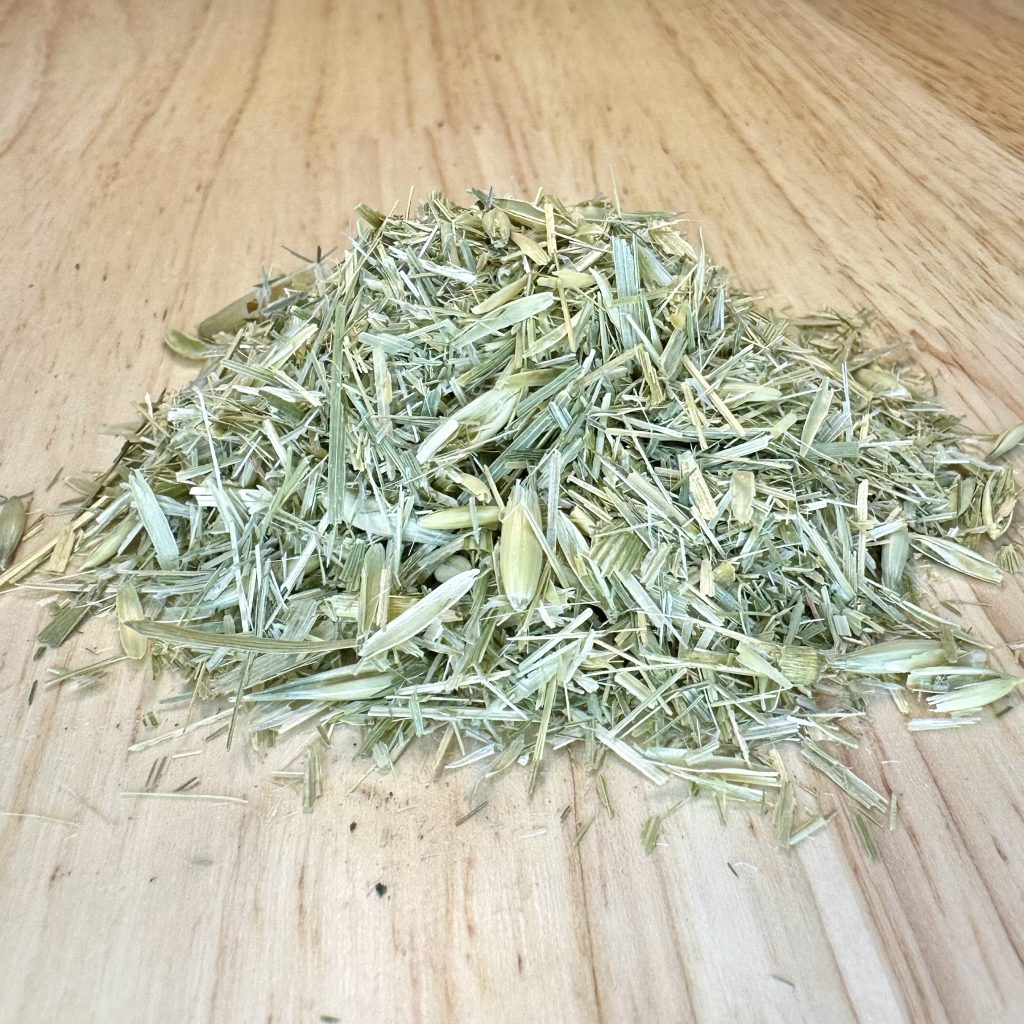
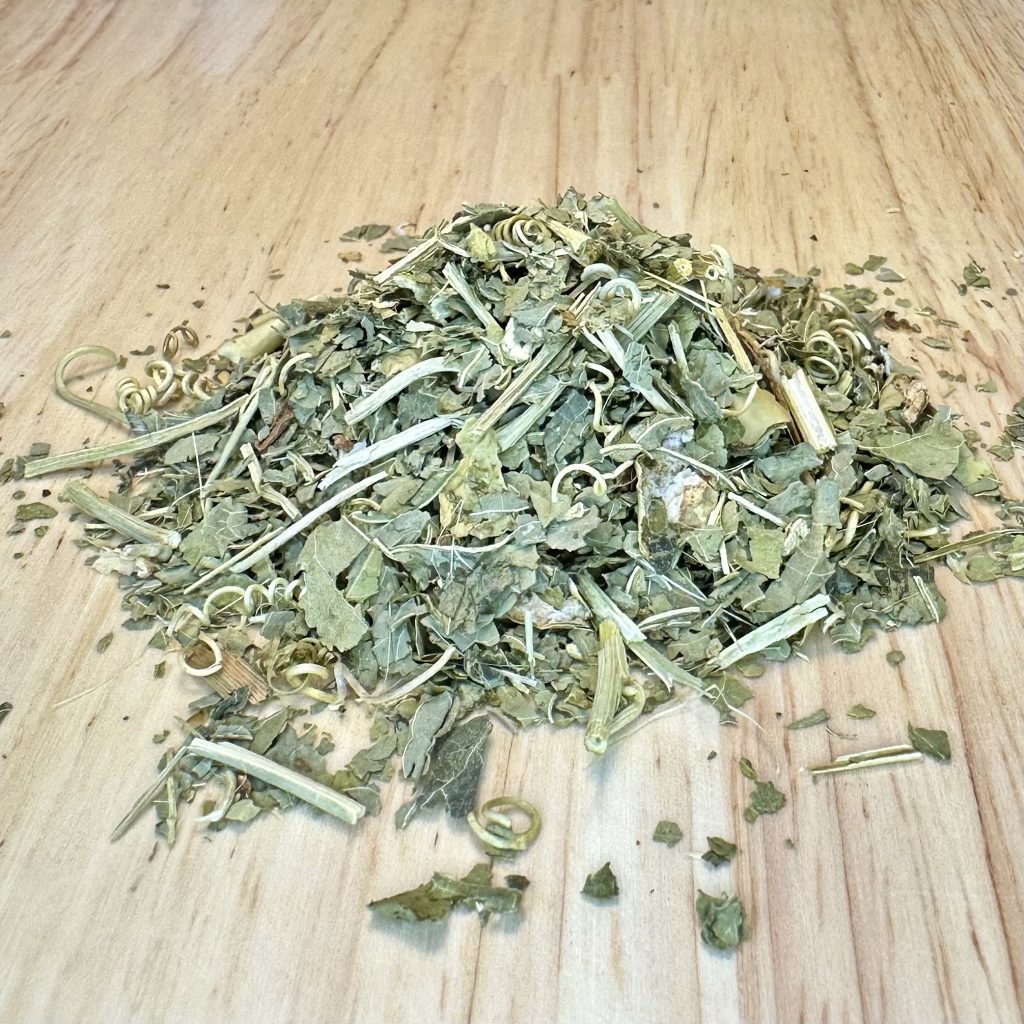
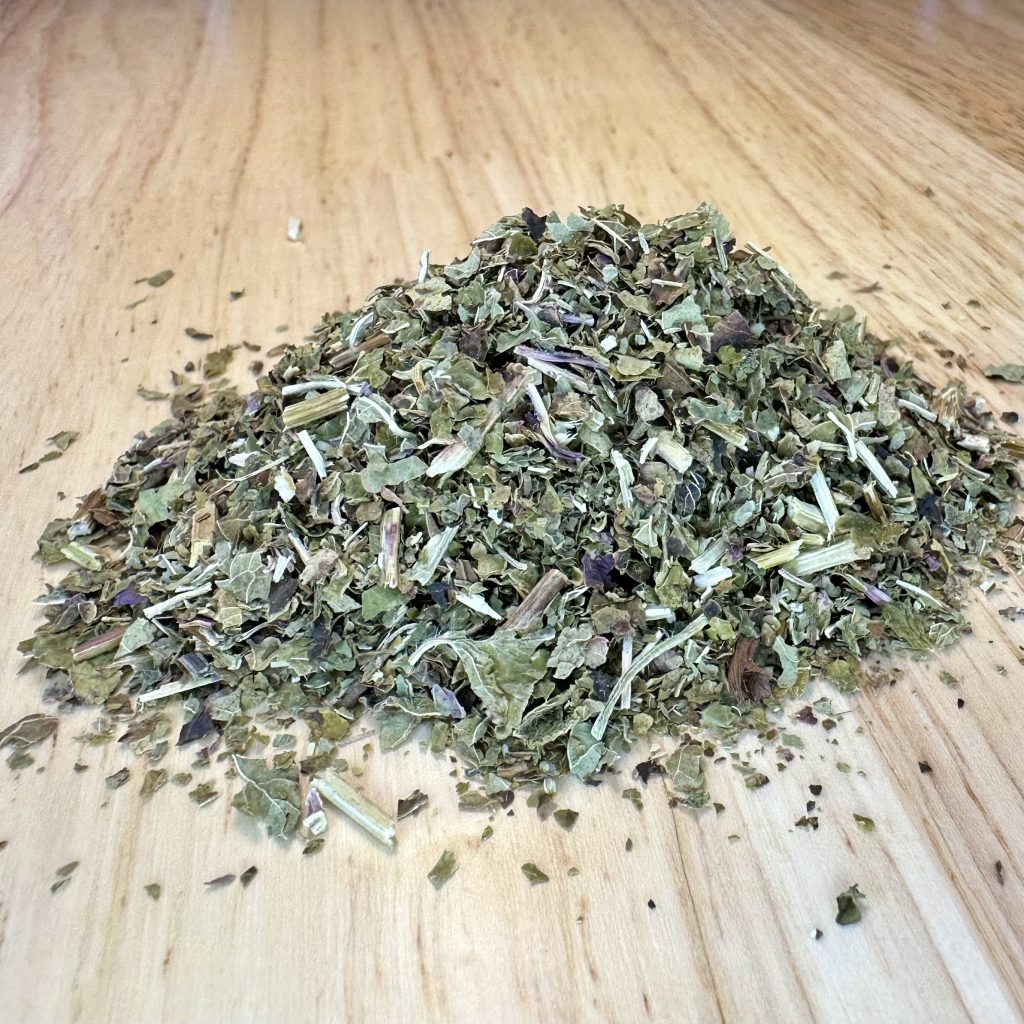
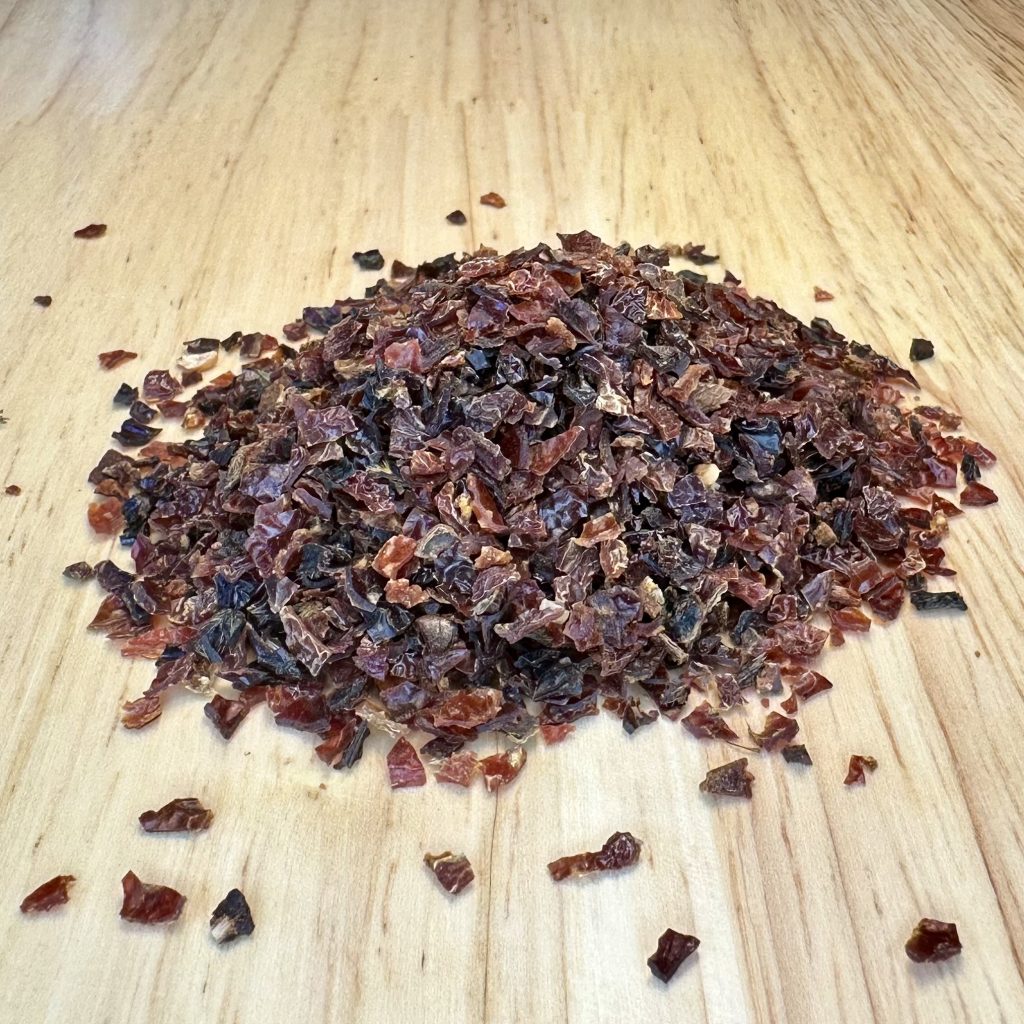
Reviews
There are no reviews yet.